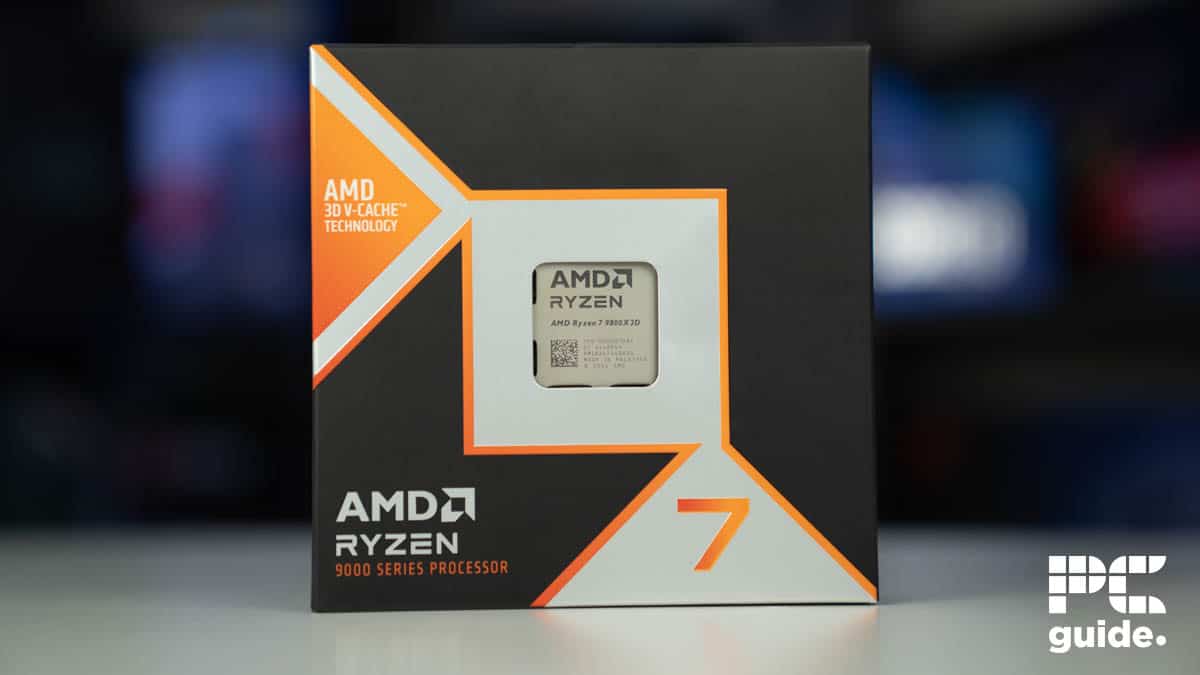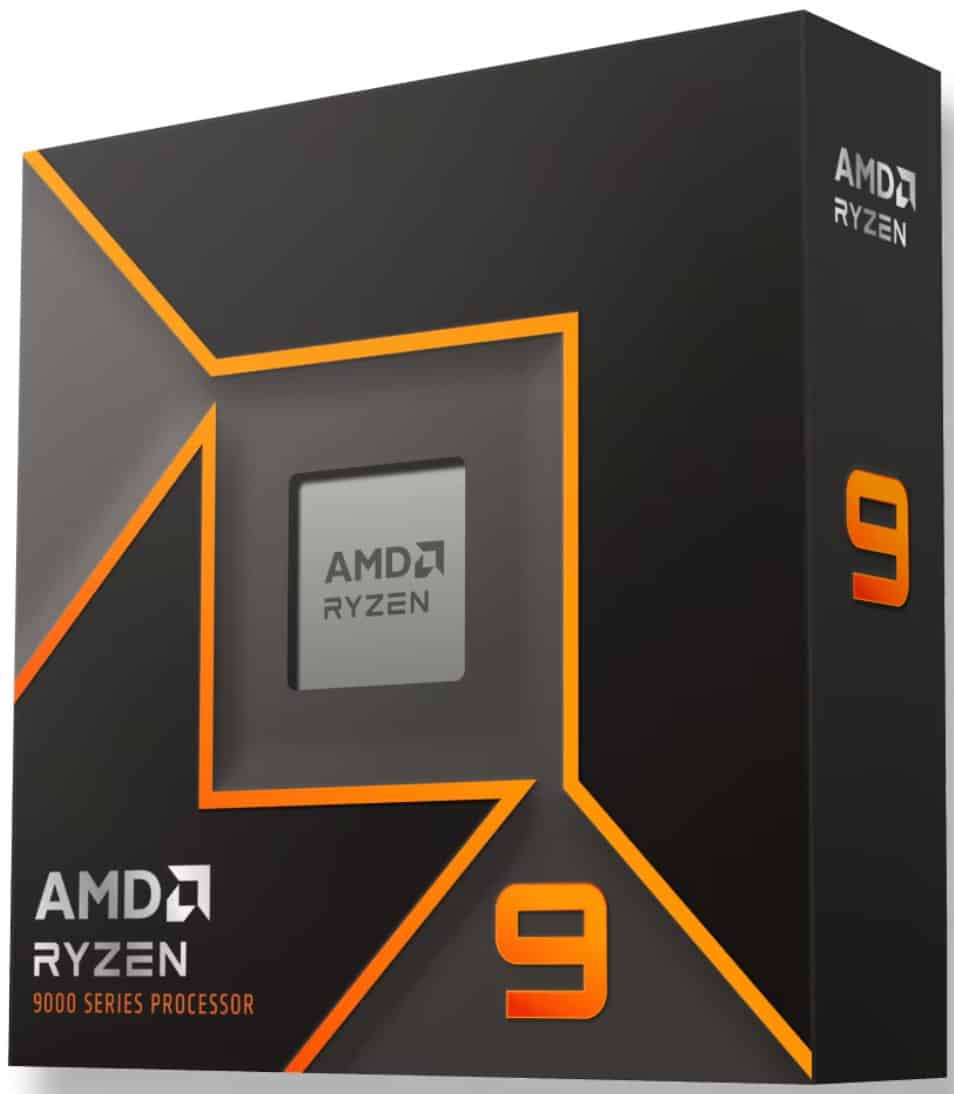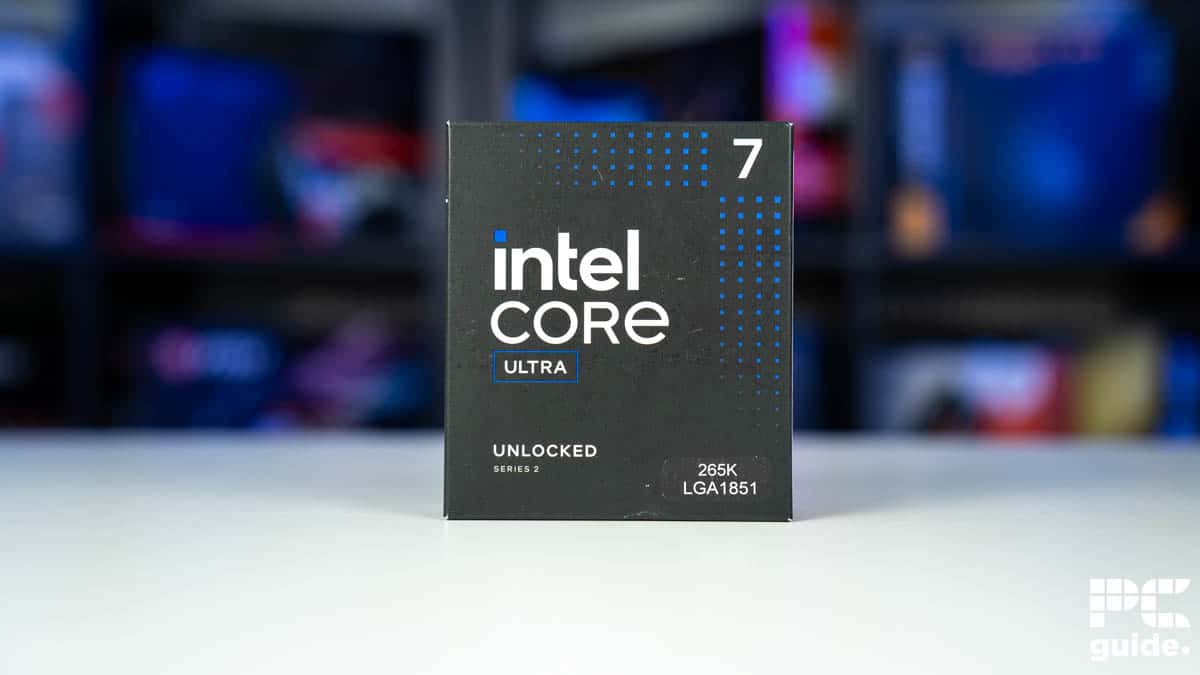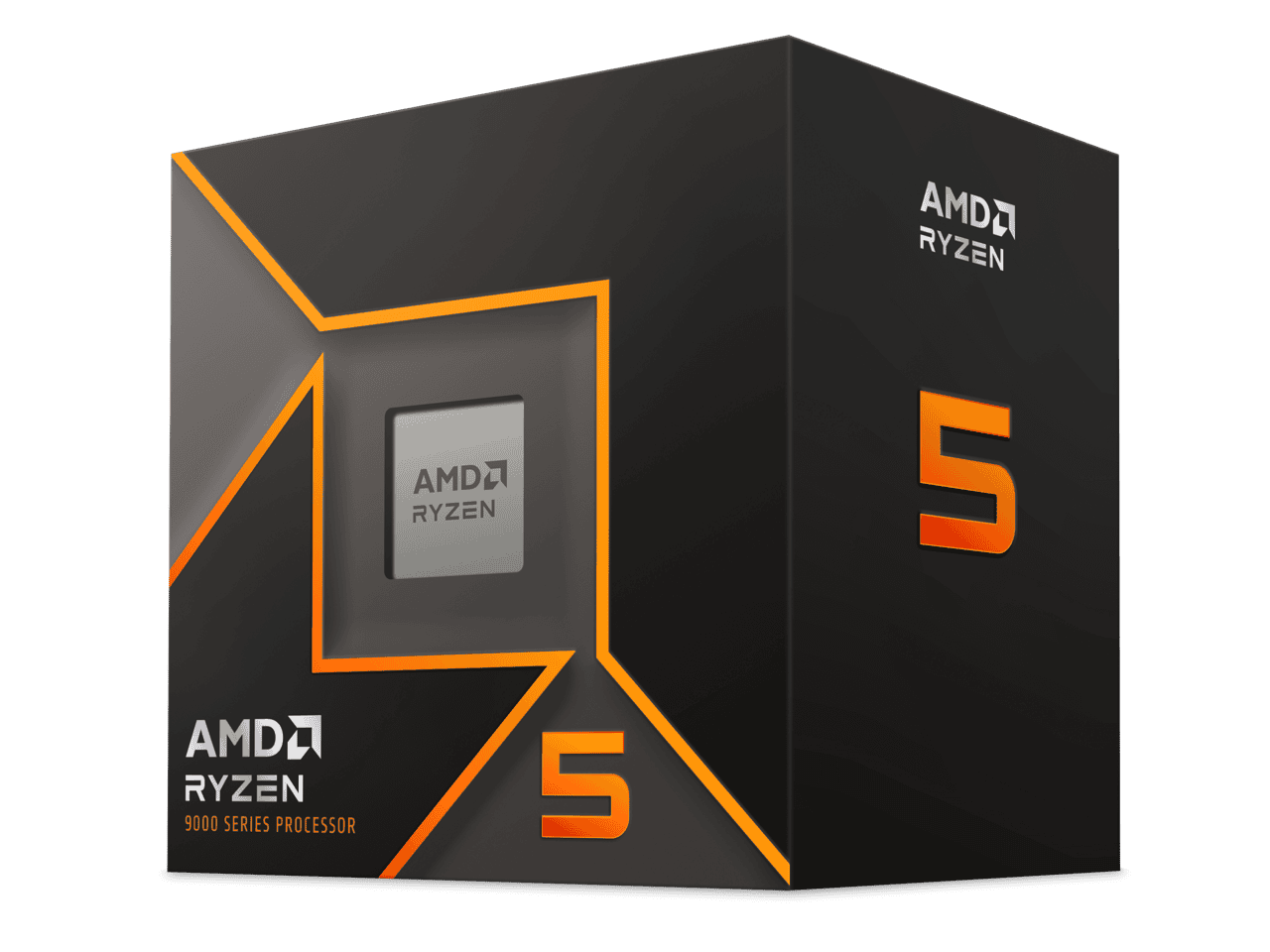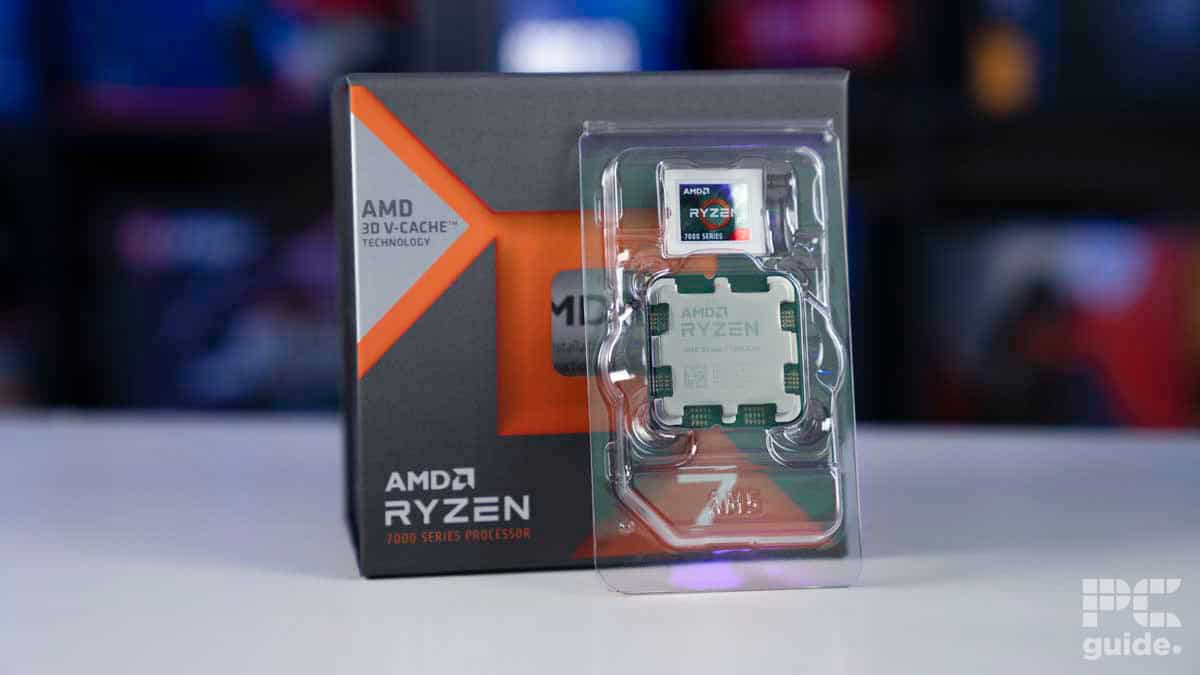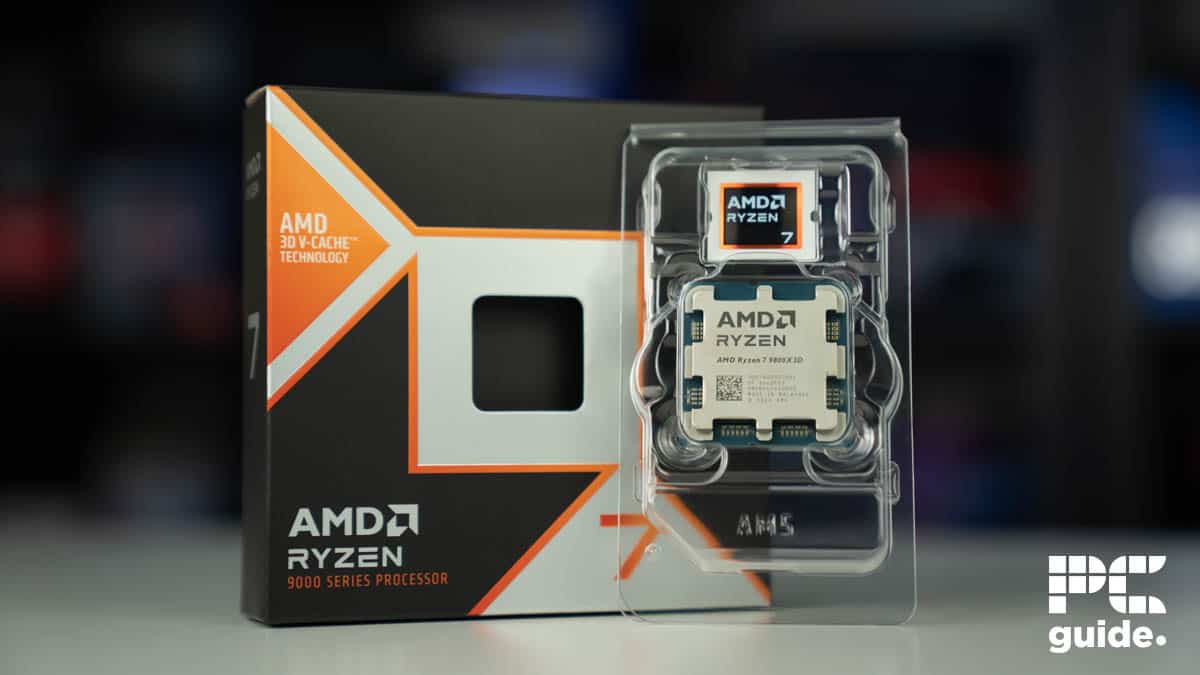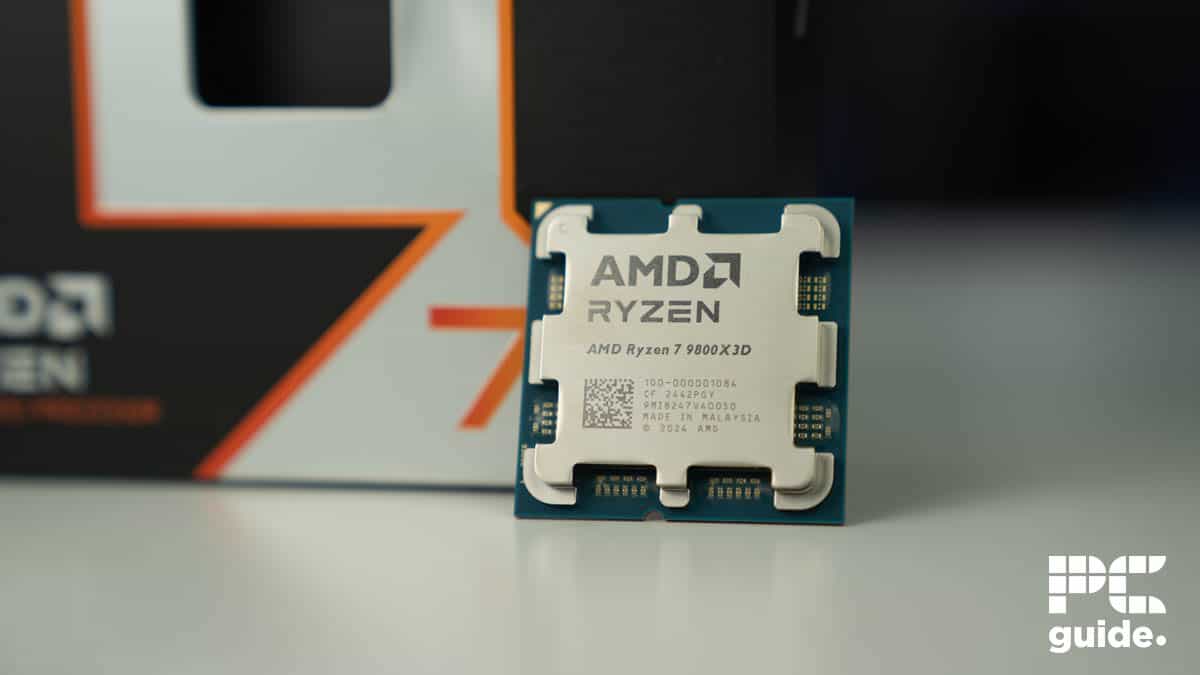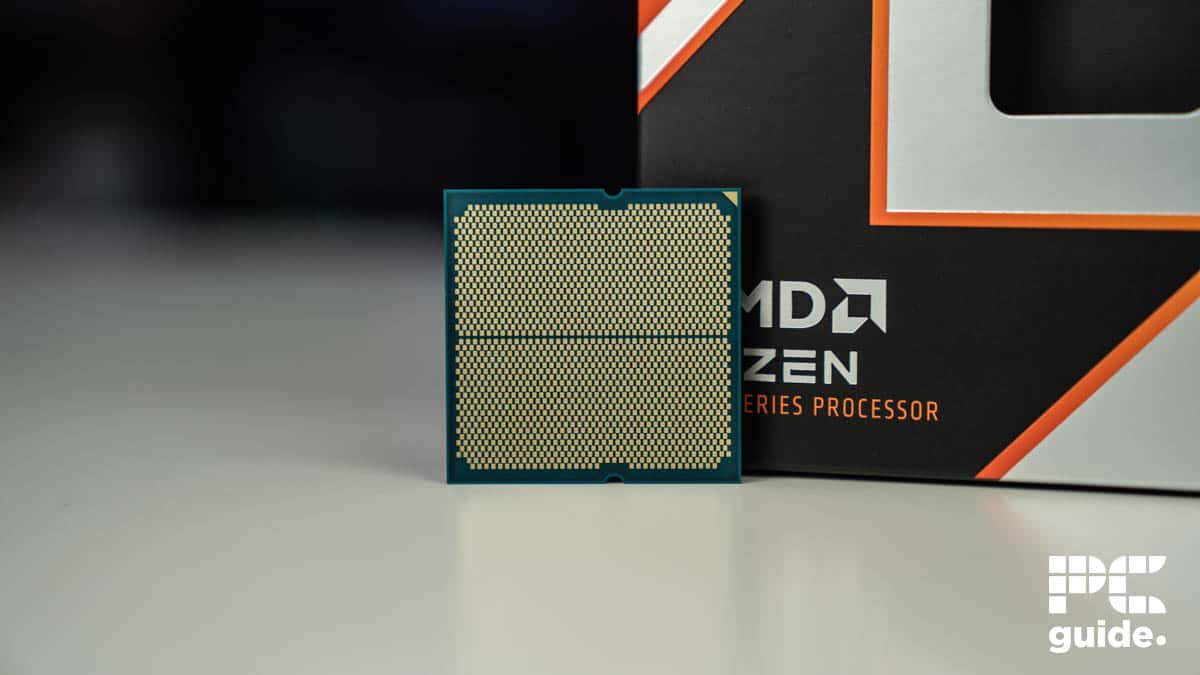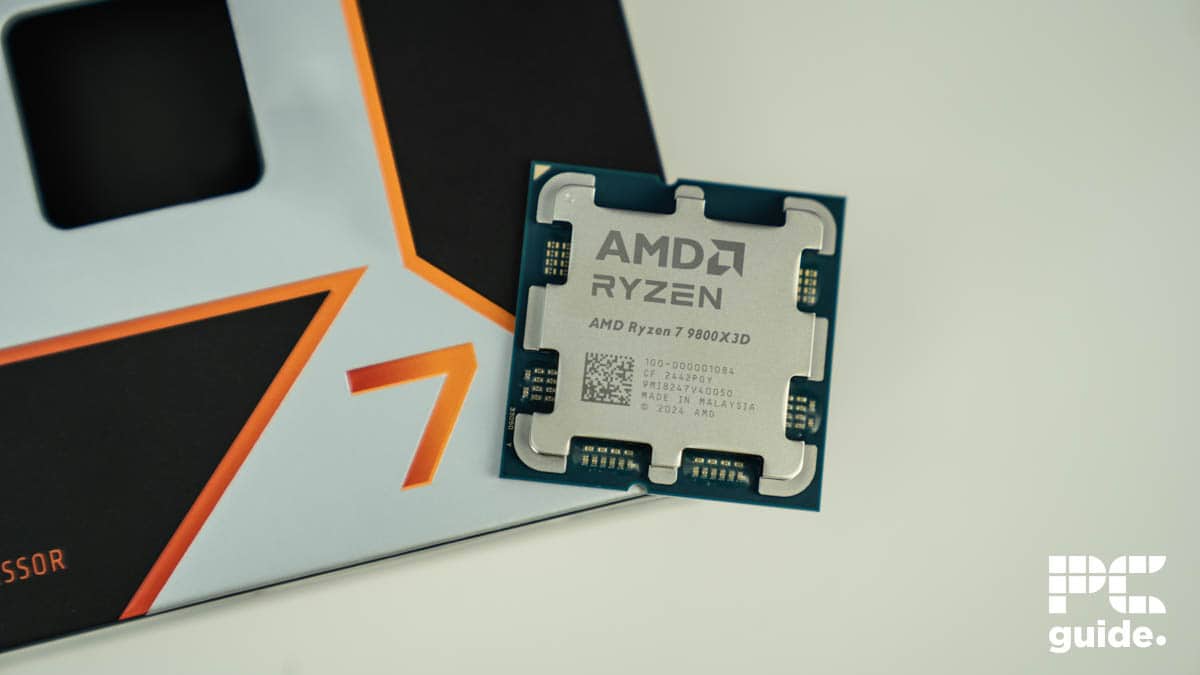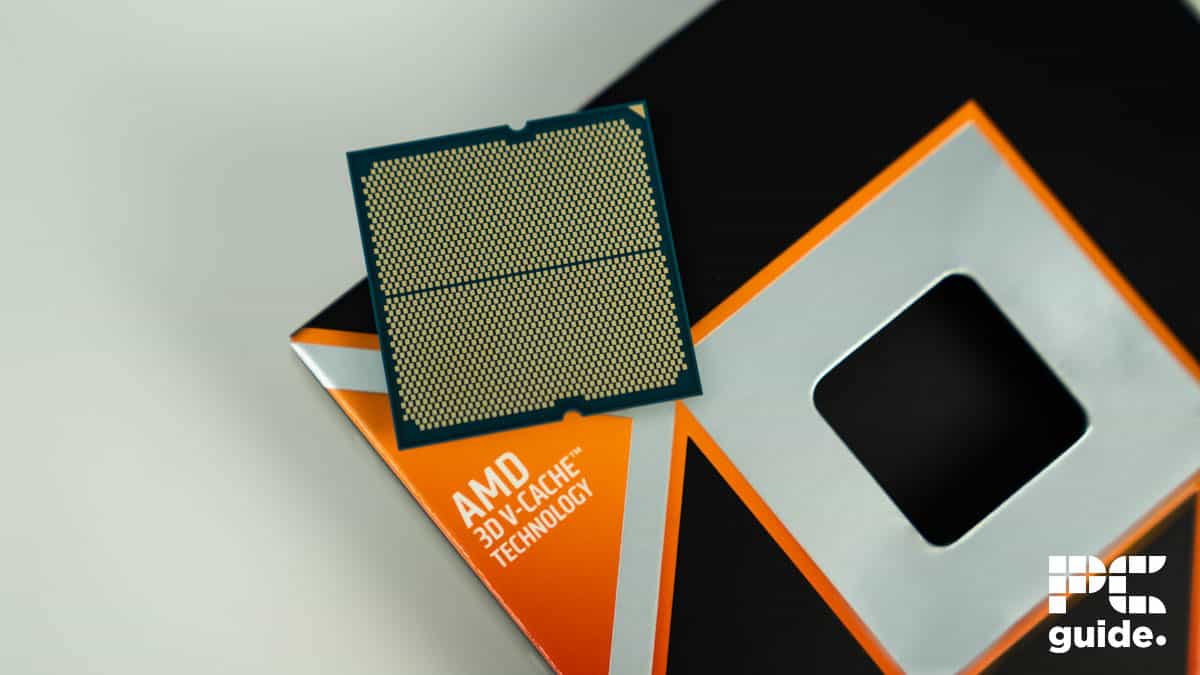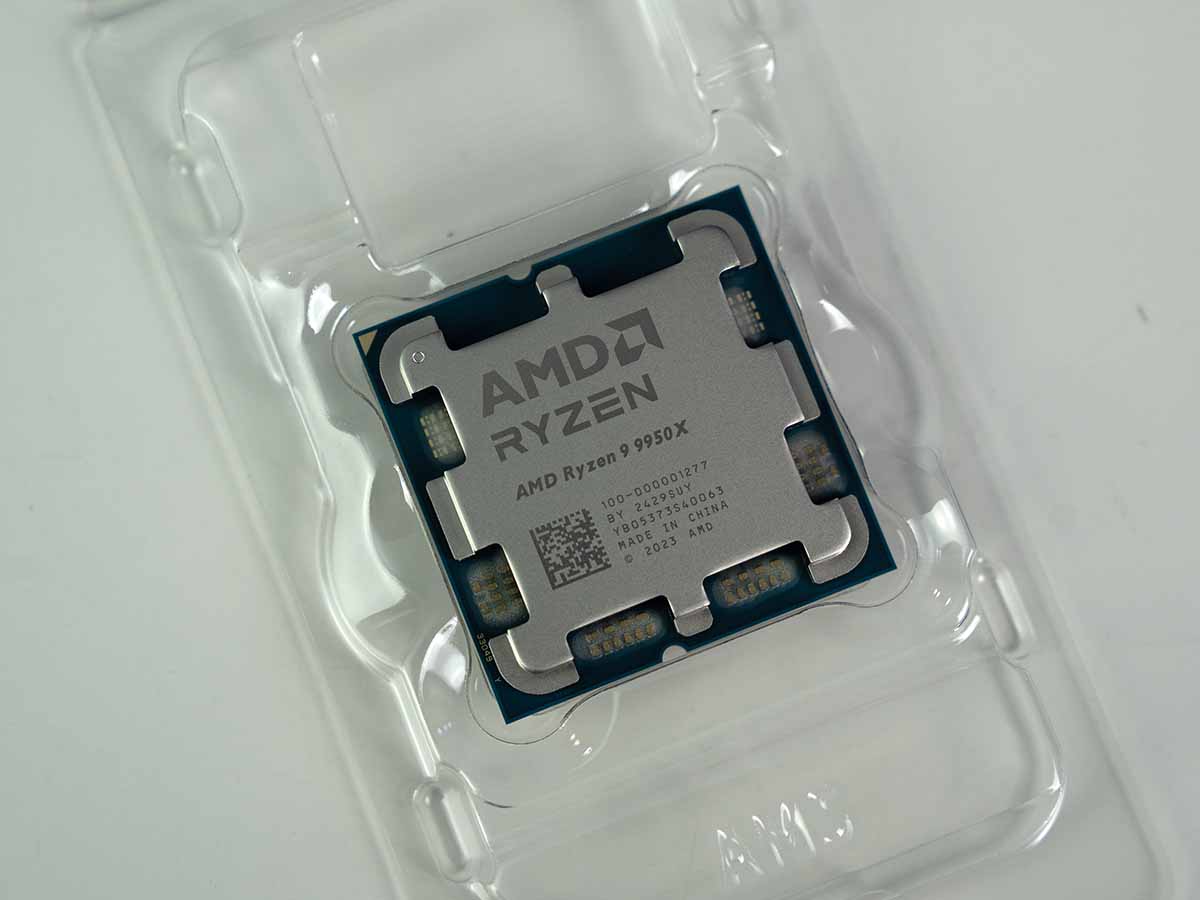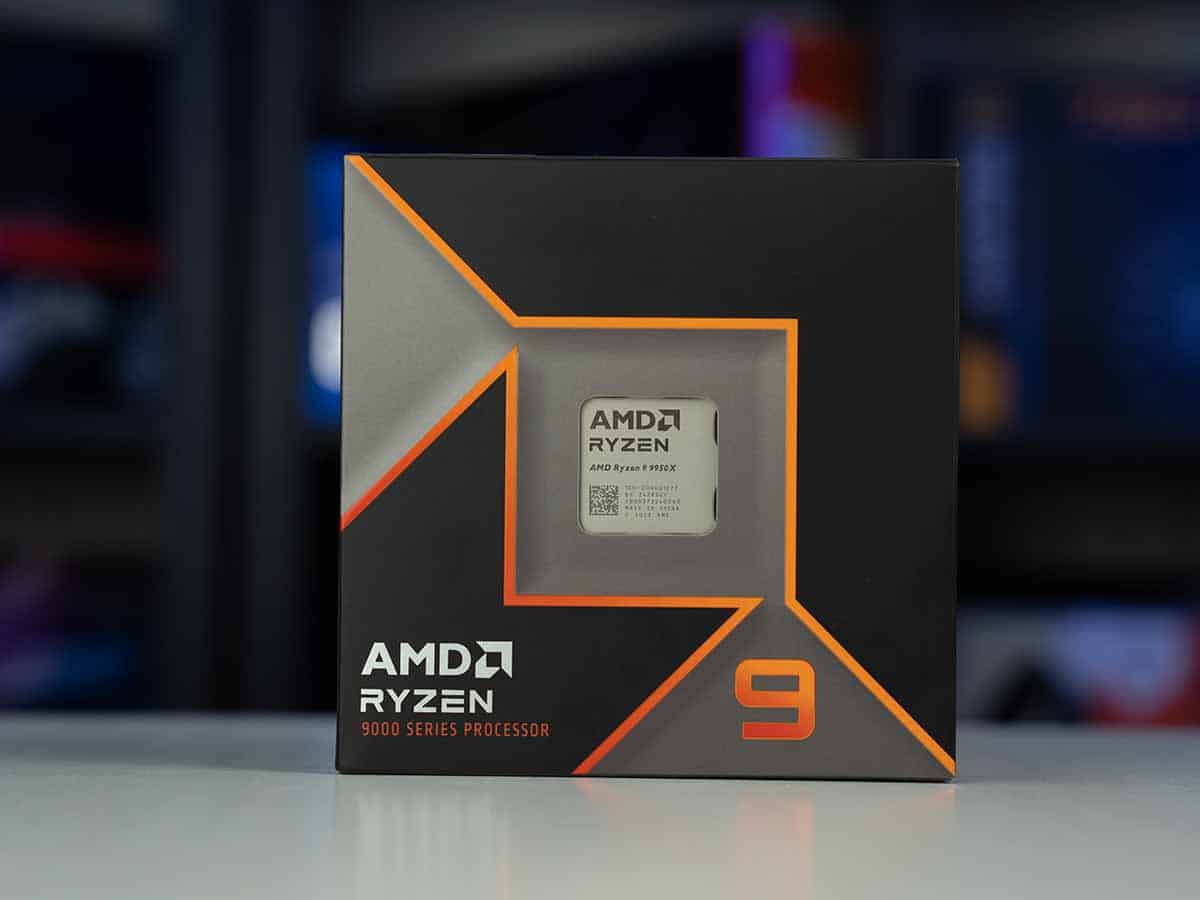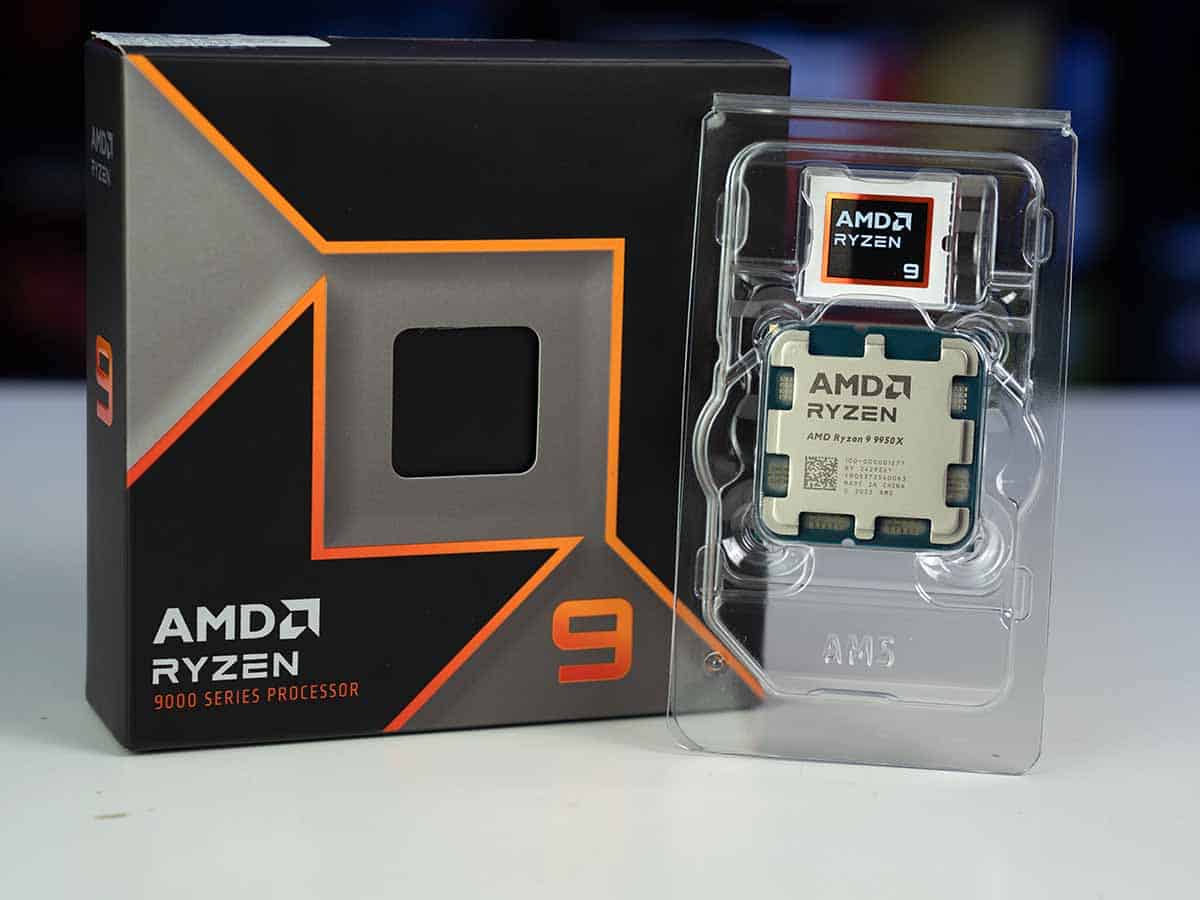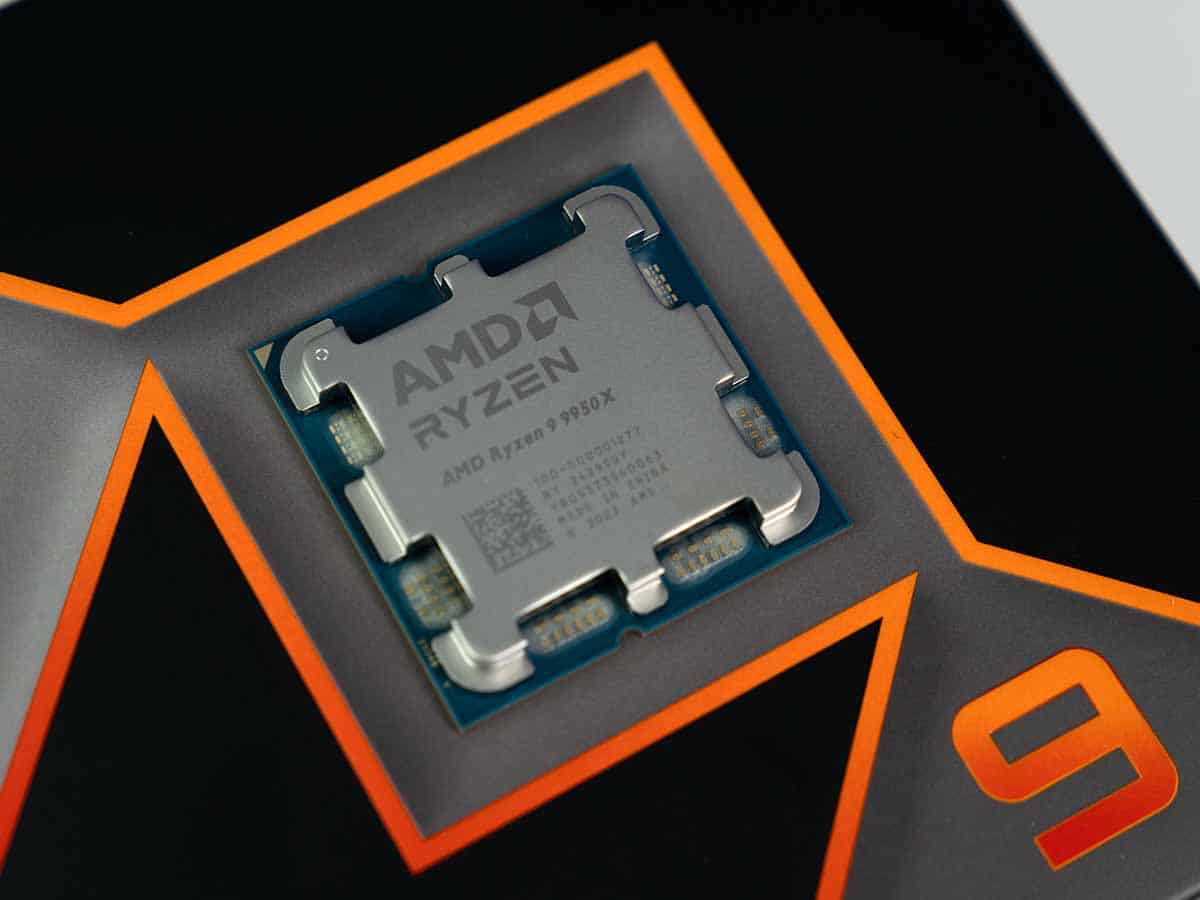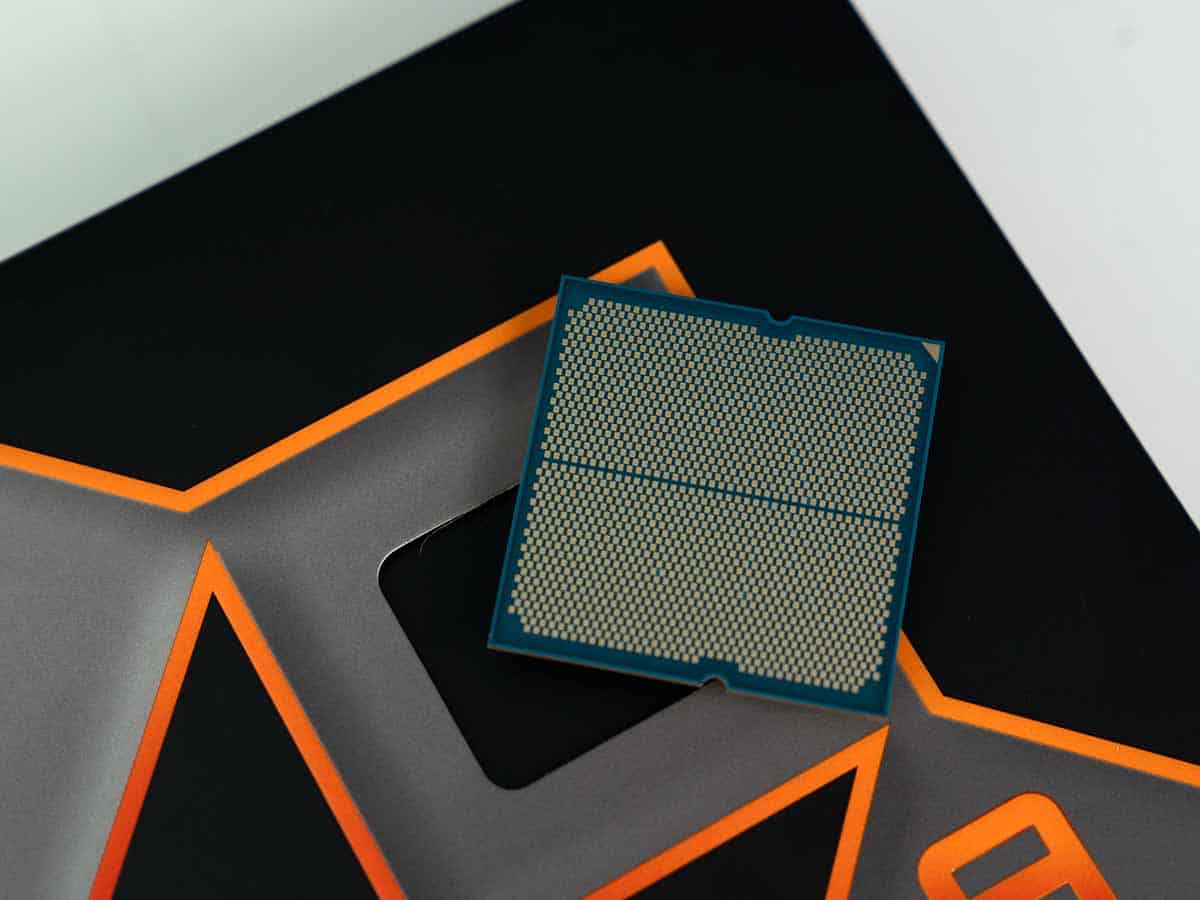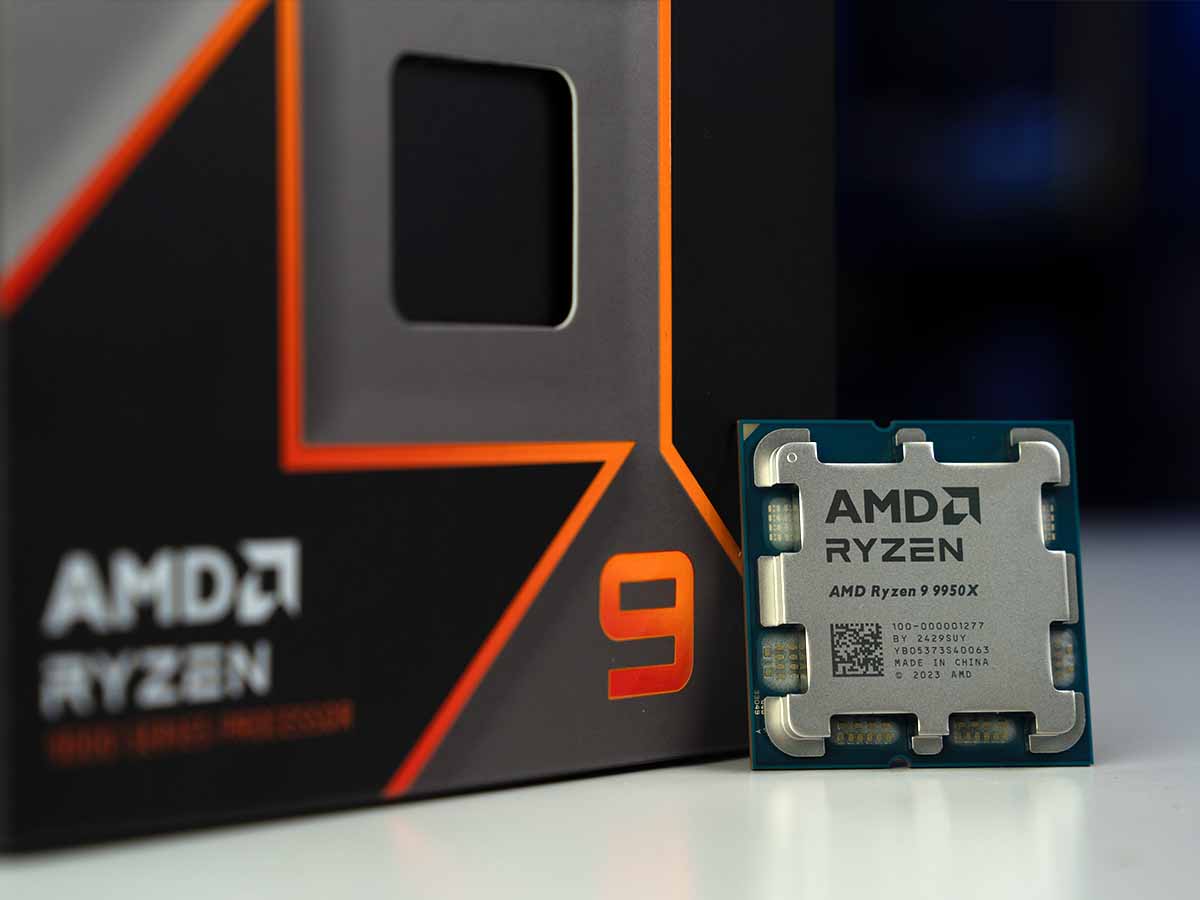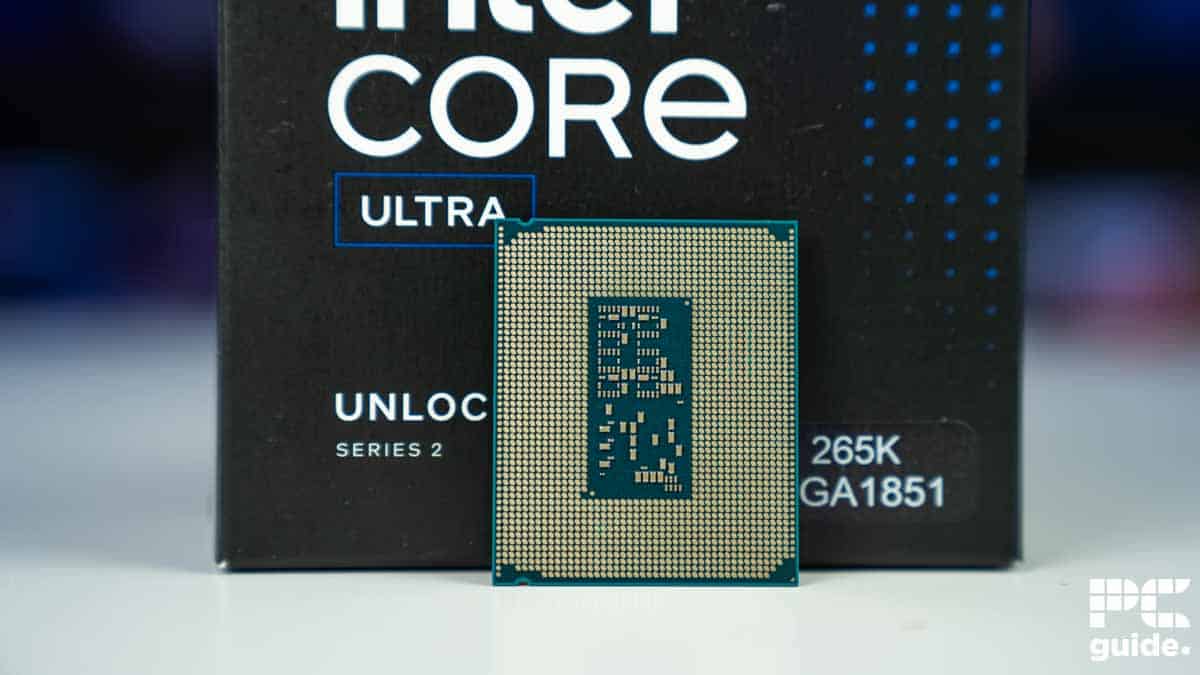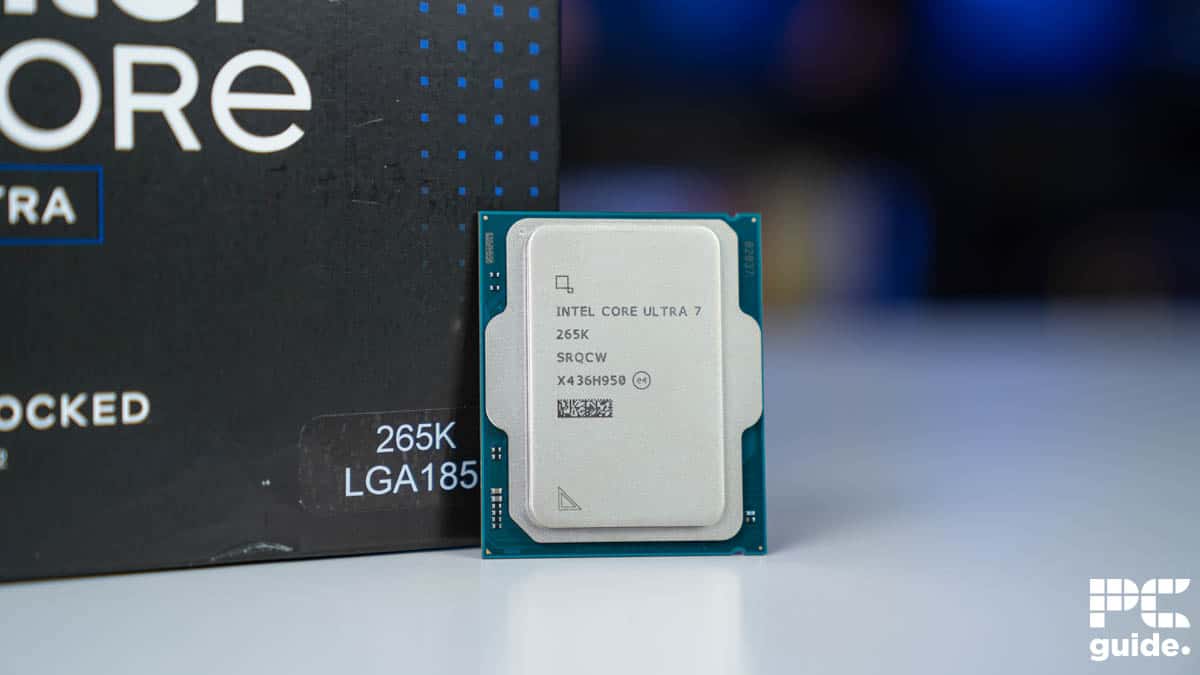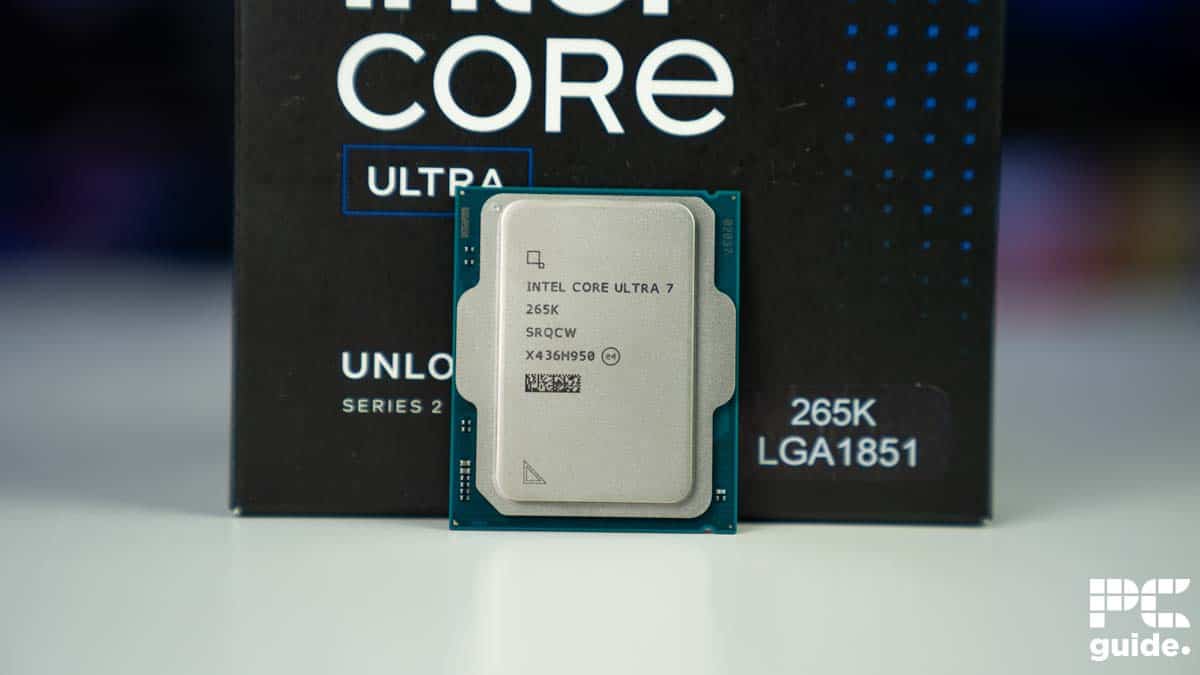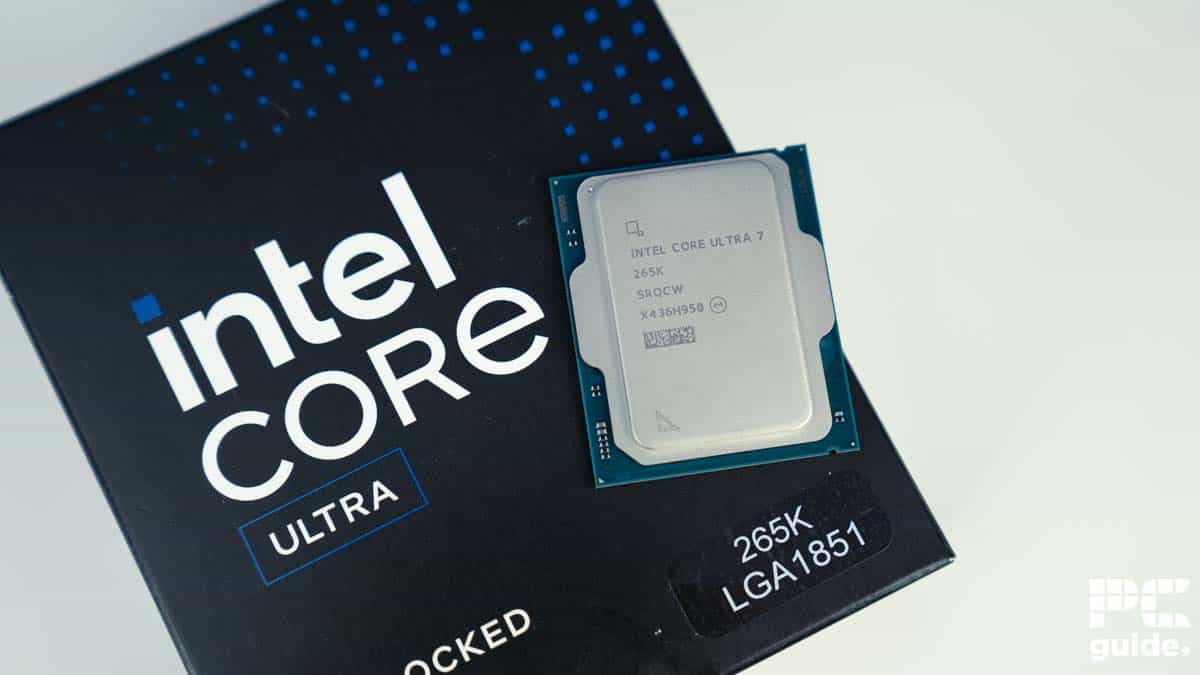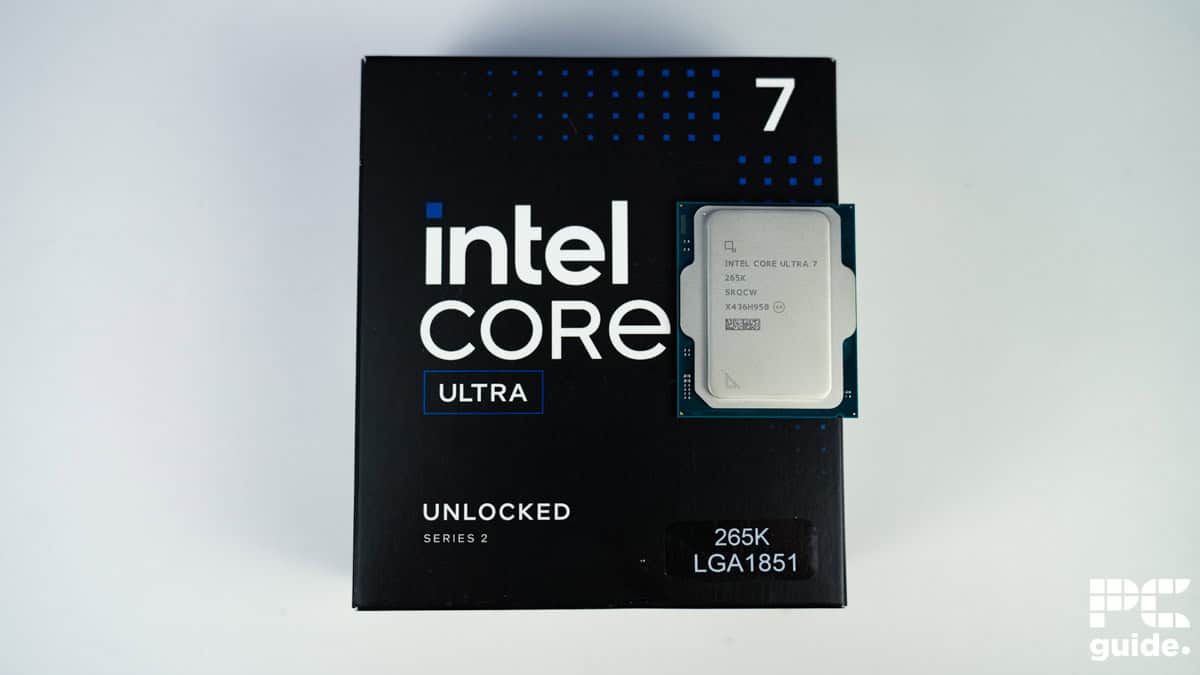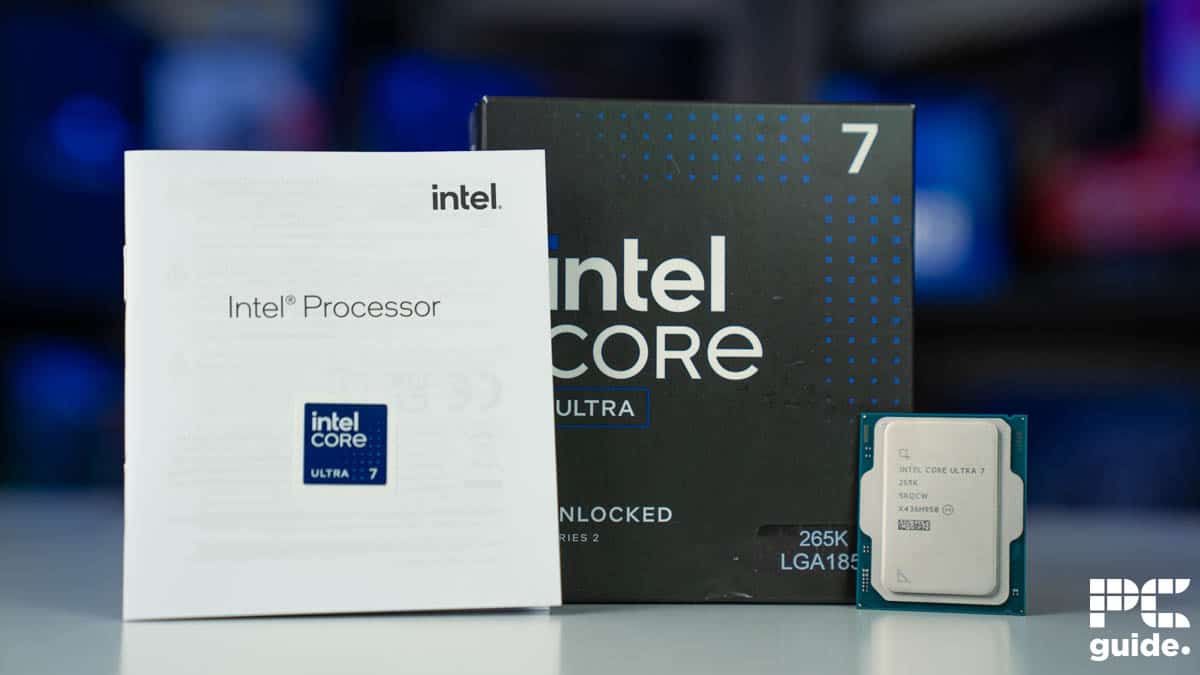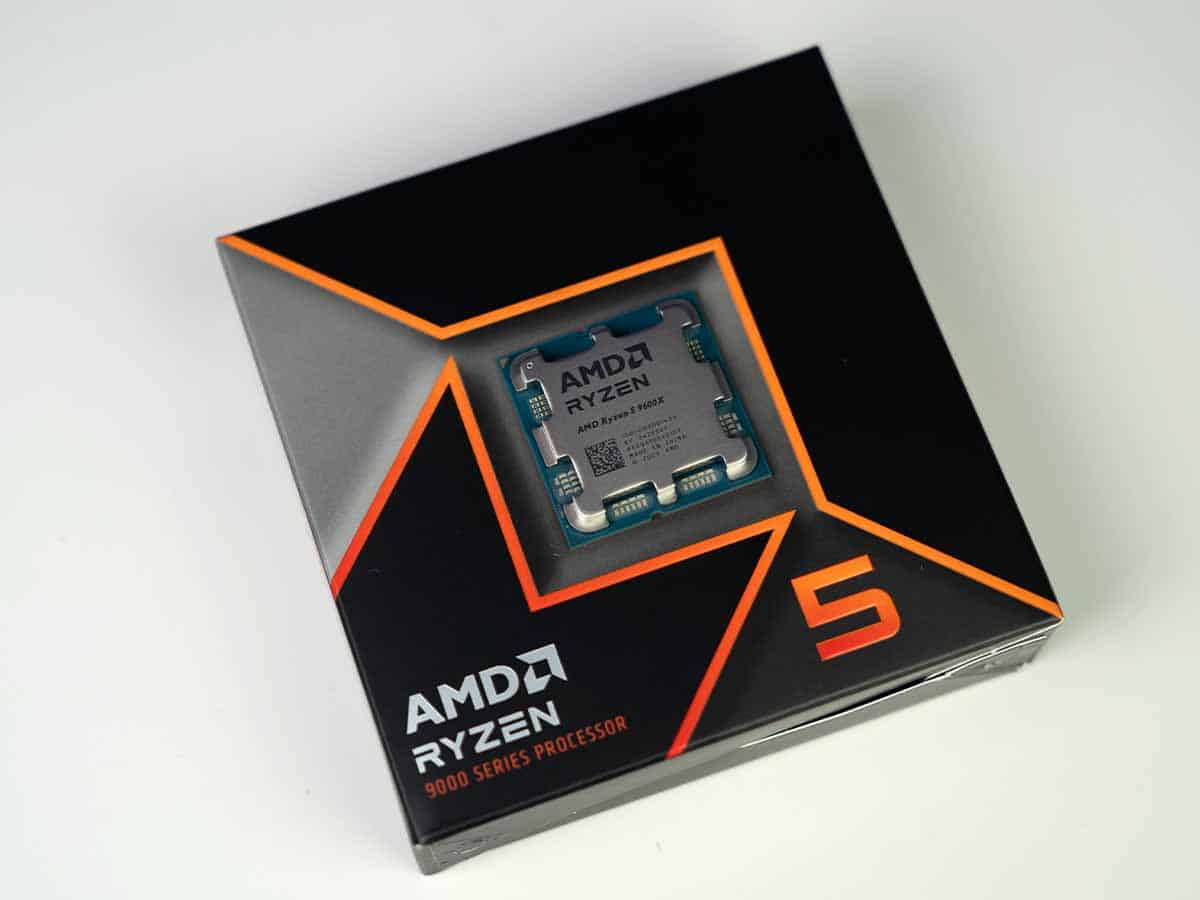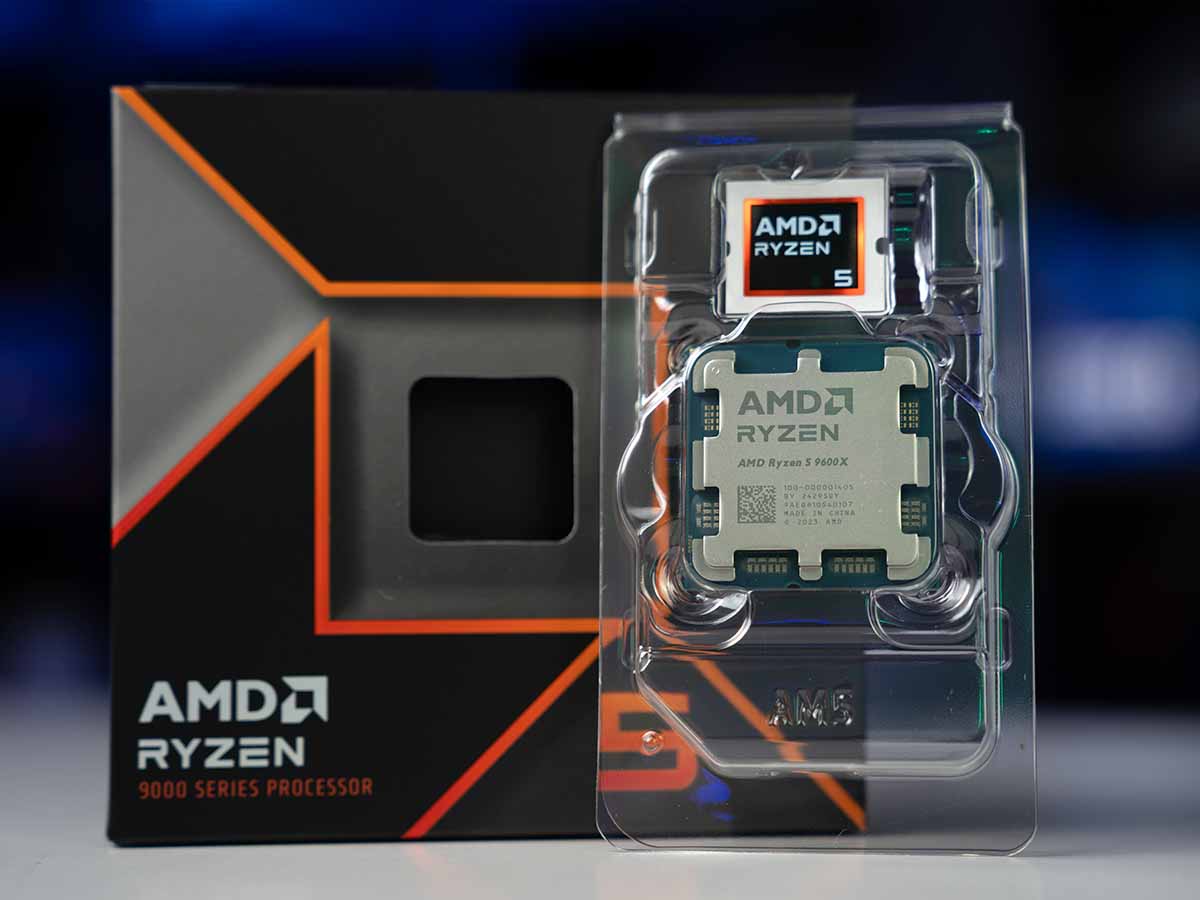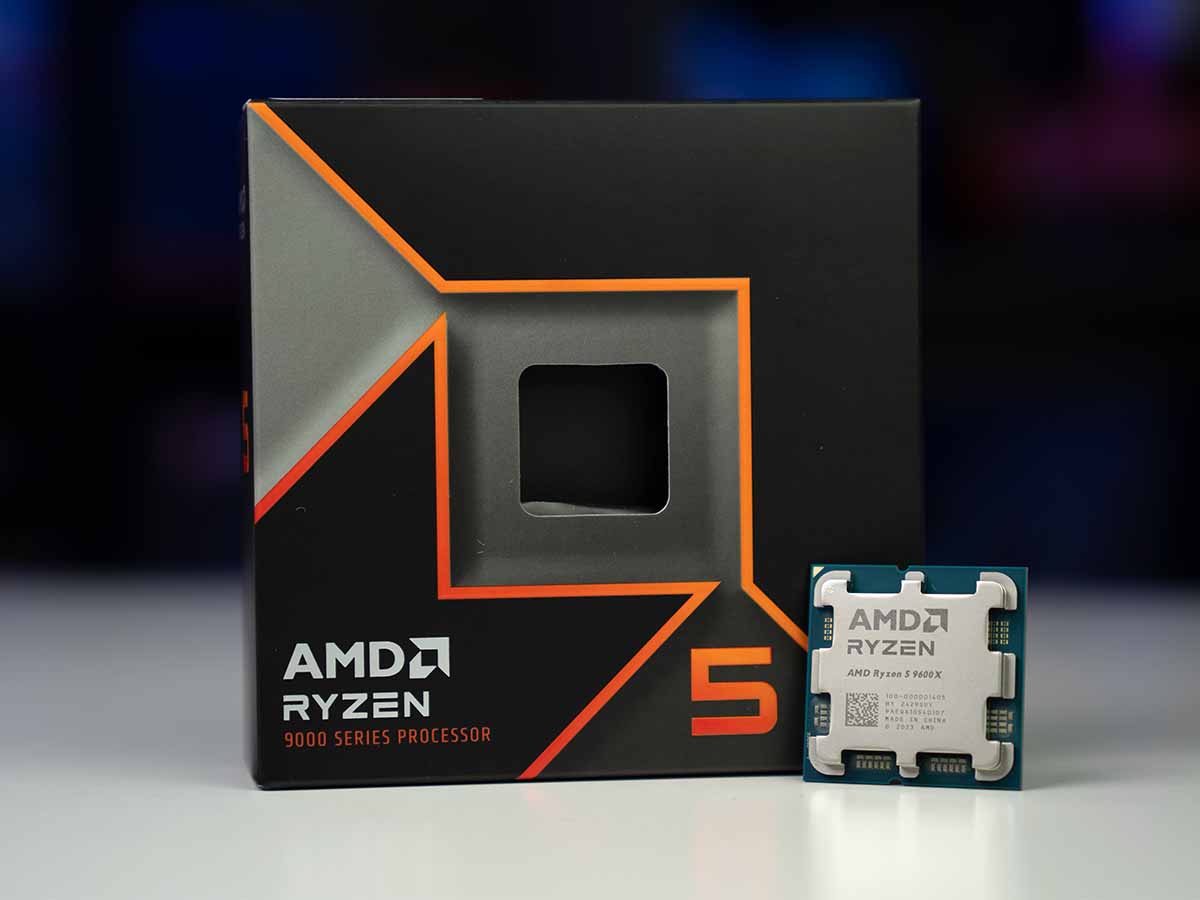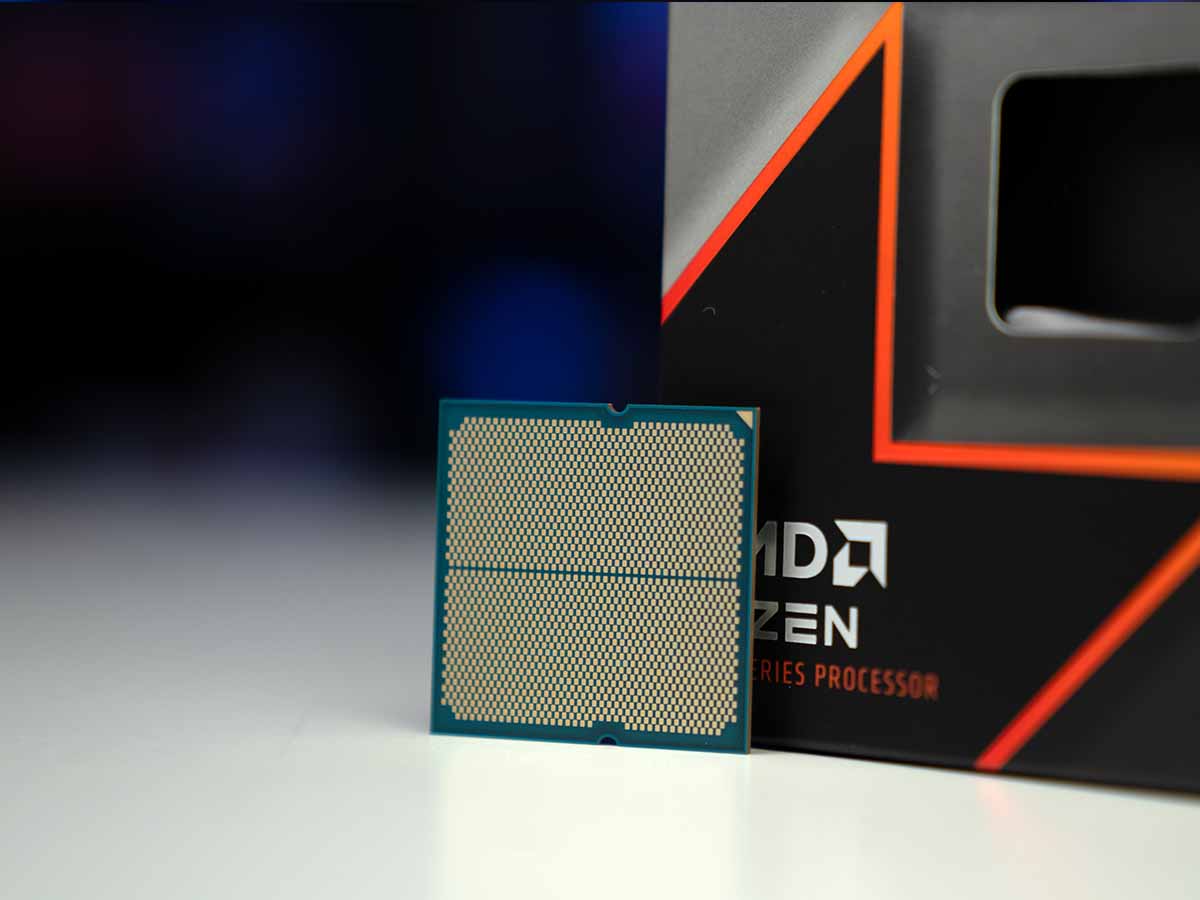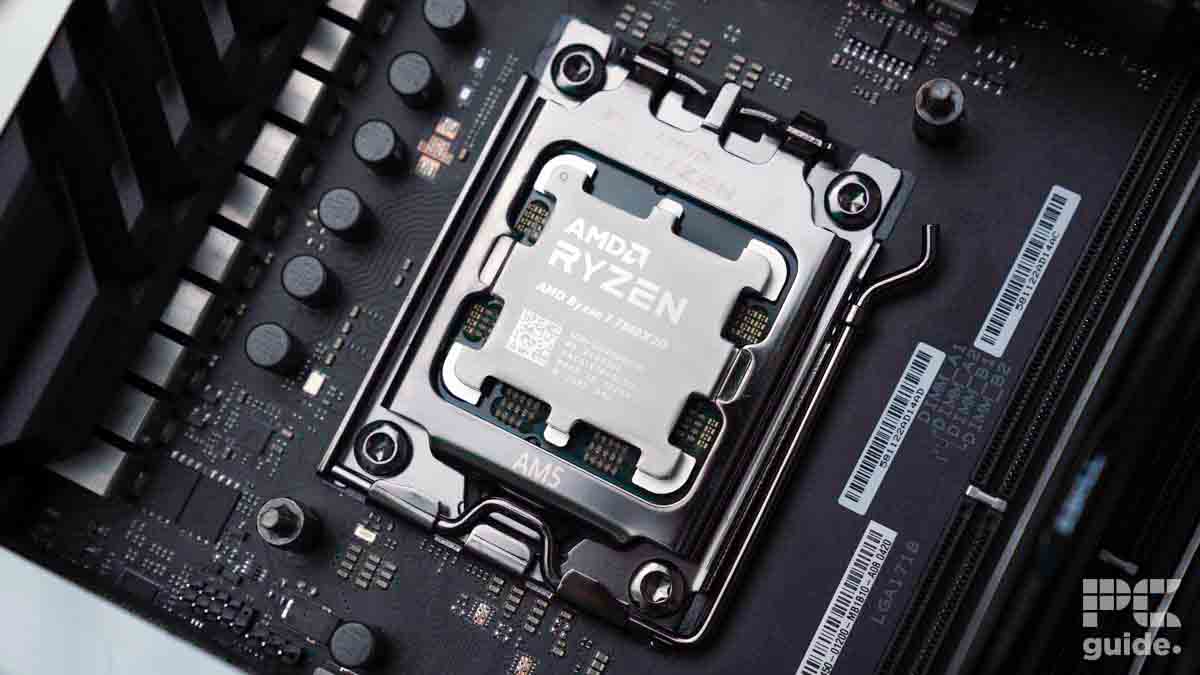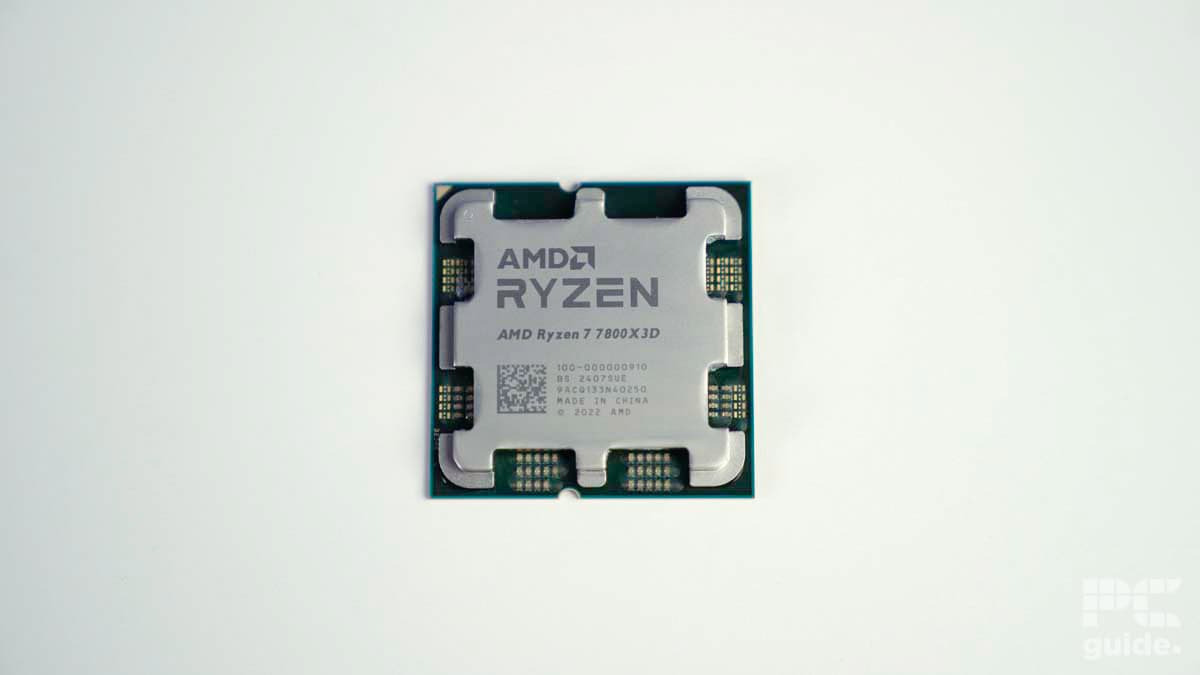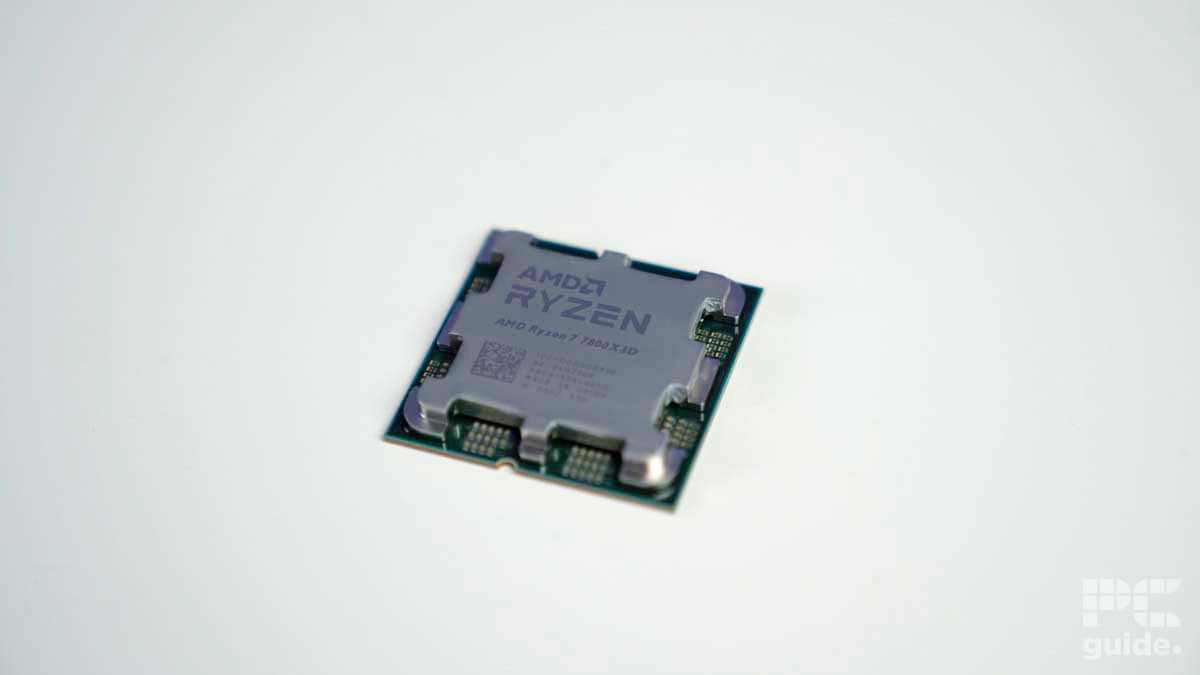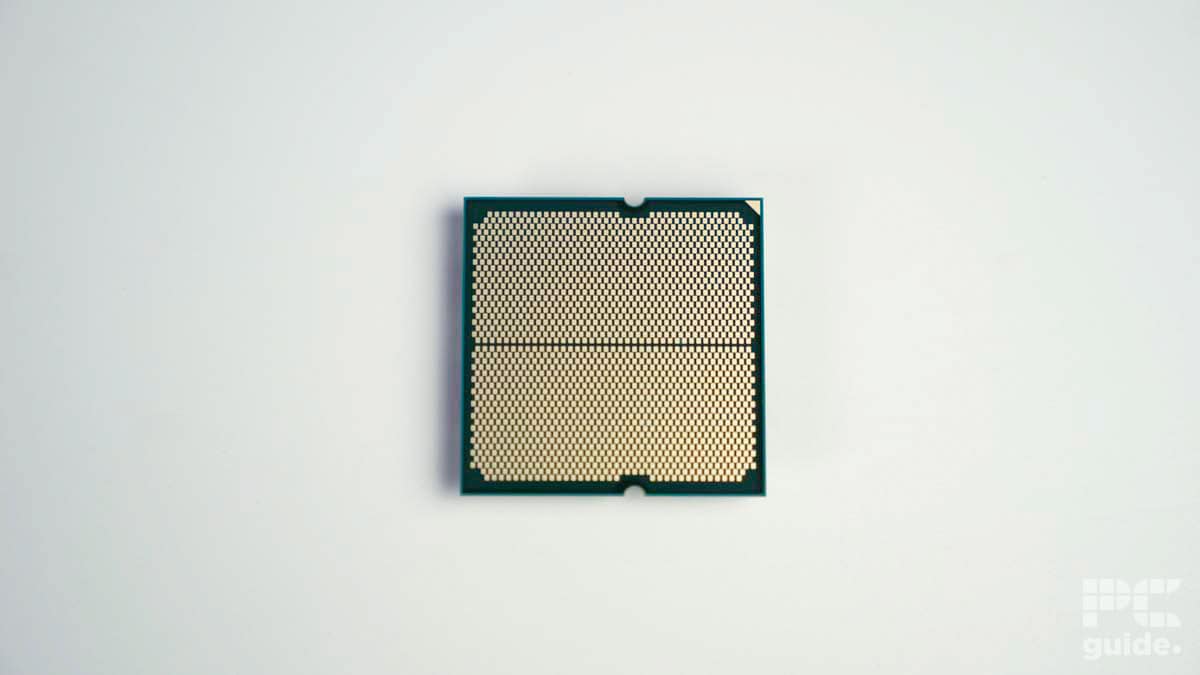Best CPUs for RTX 5070 and 5070 Ti in 2025 – our top picks tested
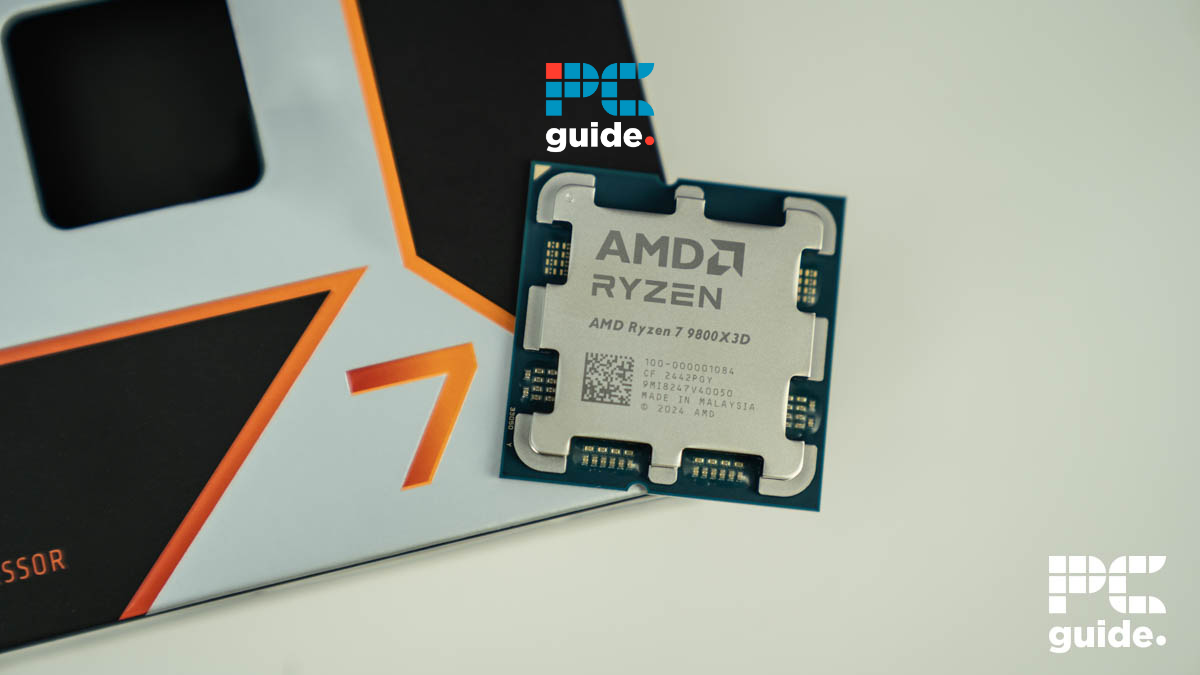
Table of Contents
Now, if you’re looking for a CPU to pair with the 5070 Ti or 5070, we’ve got you covered here. The RTX 5070 and 5070 Ti have 12GB and 16GB VRAM, respectively, so the RTX 5070 Ti is going to be better at targeting 4K resolution than the base model. However, when it comes to which processor would work best with them, you can simply use the 9800X3D for both graphics cards, but to offer more variety, we've selected a few more CPUs for you to consider.
It’s also worth noting that the Ryzen 9 9950X3D and Ryzen 9 9900X3D are also available, and they offer more base cores and threads compared to the Ryzen 7. But without having reviewed them yet, they are still not a better value for gaming compared to the 9800X3D; they might not be the best depending on your needs.
Prime Day is finally here! Find all the biggest tech and PC deals below.
- Sapphire 11348-03-20G Pulse AMD Radeon™ RX 9070 XT Was $779 Now $739
- AMD Ryzen 7 7800X3D 8-Core, 16-Thread Desktop Processor Was $449 Now $341
- ASUS RTX™ 5060 OC Edition Graphics Card Was $379 Now $339
- LG 77-Inch Class OLED evo AI 4K C5 Series Smart TV Was $3,696 Now $2,796
- Intel® Core™ i7-14700K New Gaming Desktop Was $320.99 Now $274
- Lexar 2TB NM1090 w/HeatSink SSD PCIe Gen5x4 NVMe M.2 Was $281.97 Now $214.98
- Apple Watch Series 10 GPS + Cellular 42mm case Smartwatch Was $499.99 Now $379.99
- ASUS ROG Strix G16 (2025) 16" FHD, RTX 5060 gaming laptop Was $1,499.99 Now $1,274.99
- Apple iPad mini (A17 Pro): Apple Intelligence Was $499.99 Now $379.99
*Prices and savings subject to change. Click through to get the current prices.
One thing to keep in mind is that the cards don’t provide much more improvement compared to the previous generation. Mainly providing some new features, including the transformer-based multi-frame generation of DLSS 4. So, if you’re looking for better performance and value for money, we recommend you check out the RX 9070 XT.
Products at a glance
-
Best CPU for RTX 5070 and 5070 Ti
AMD Ryzen 7 9800X3D
- Cores: 8
- Threads: 16
- Boost clock speed: 5.2GHz
- Base clock speed: 4.7GHz
- L3 cache: 96MB
- TDP: 120W
-
Best high-end CPU for RTX 5070 and 5070 Ti
AMD Ryzen 9 9950X
- Cores: 16
- Threads: 32
- Boost clock speed: 5.7 GHz
- Base clock speed: 4.3 GHz
- L3 Cache: 64 MB
- TDP: 170 W
-
Best mid-range CPU for RTX 5070 and 5070 Ti
Intel Core Ultra 7 265K
- Cores: 20 (8P/12E)
- Threads: 20
- Boost clock speed: 5.5GHz
- Base clock speed: 3.9GHz P-core/3.3GHz E-core
- L3 cache: 30MB
- TDP: 125W base/250W max
-
Best budget CPU for RTX 5070 and 5070 Ti
AMD Ryzen 5 9600X
- Cores: 6
- Threads: 12
- Boost clock speed: 5.4 GHz
- Base clock speed: 3.9 GHz
- L3 Cache: 32 MB
- TDP: 65 W
-
Best previous gen CPU for RTX 5070 and 5070 Ti
AMD Ryzen 7 7800X3D
- Cores: 8
- Threads: 16
- Boost speed : up to 5 GHz
- Base speed: 4.2 GHz
- L3 Cache: 96 MB
- TDP: 120 W
How we picked
We looked at different Intel and AMD processors and filtered them based on their price, architecture, clock speed, cores, and the performance they showcased during our in-house CPU testing. This gave us a list of processors we think would work best with the RTX 5070 and RTX 5070 Ti, as they are in the middle of the RTX 50-series performance hierarchy. Also, if you want to see how we select and review products, visit our PC Guide Testing Lab, which will explain the process in detail.
Our top picks

- Cores: 8
- Threads: 16
- Boost clock speed: 5.2GHz
- Base clock speed: 4.7GHz
- L3 cache: 96MB
- TDP: 120W
- Platform: AM5
- Incredible gaming performance
- Now capable of being overclocked
- Great power efficiency
- Still falls behind in some multi-core tasks
- Priced nearly as much as Ryzen 9 CPU
We think one of the best CPUs to pair with the RTX 5070 and 5070 Ti is the Ryzen 7 9800X3D. This is currently the best processor for gaming, but with the improvements it brought, it can compete with the 9700X in productivity, something that wasn't possible with the previous X3D generations, and since it doesn’t bottleneck the RTX 5090, you won’t have to worry about that with the 5070 and 5070 Ti.
We selected this processor for the RTX 5070 and 5070 Ti because this card has 12GB VRAM, which means it is most likely better suited for maxed-out 1440p gaming and can probably push good frames at 4K with DLSS 4.
So, in terms of raw performance, 2K is better suited for it, and for that, it is best to have a CPU that can deliver fast instructions to the GPU and keep up with it. In our Ryzen 7 9800X3D review, we paired it with the RTX 4070 Ti, the 5070 Ti's predecessor, and ran a couple of games and benchmarking software to see how it performed.
We got 334 FPS in Cyberpunk at 1080p and 604 FPS in Counter-Strike 2. So, we expect even better performance when paired with the RTX 5070 as it has faster memory, and when coupled with the 9800X3D's PBO, which delivered 669 FPS in CS2, it should take the gaming output to the next level.
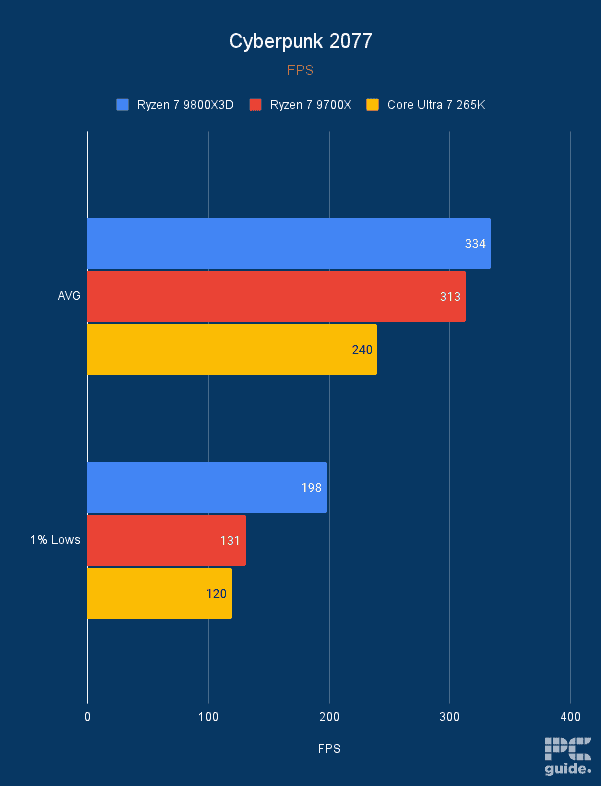
On the other hand, the Ryzen 7 9800X3D can be overclocked, meaning faster clock speeds and better performance. However, that'll come at the cost of a higher power draw. When we ran CS2 normally, the 9800X3D took around 93W at a 60°C temperature, but with PBO enabled, the wattage went up to 99W, and the temperature increased to 65°C.
The 9800X3D has unlocked its potential and become the leading processor in the market. The 2nd generation V-Cache gives it the ability to run the CPU core faster and at higher voltages pushing its performance even further over the 7800X3D and on par with non-X3D chips in non-gaming tasks.
PC Guide
While 65°C isn't hot for a CPU, keep in mind that the more you push your CPU, the more heat it'll generate. That being said, this CPU also has excellent productivity and can match and slightly outperform the 9700X.
In the CPU-Z multi-core test, which determines how well a CPU can handle multi-threaded workloads like running Chrome while editing and listening to music simultaneously, the 9800X3D delivered 8523 points normally and 8689 points with PBO enabled.
The 9700X managed 8794 points, which isn't that far off from the 9800X3D's result. So, whether you're gaming or working, the combination of the 5070 and 9800X3D should be able to tackle anything you throw its way.
The reason why this CPU has such good performance is because of the new Zen 5 architecture, 8 cores, and 16 threads. In addition, it features 96MB of the 3D V-Cache, which is mounted beneath the CCD for better thermals while offering better gaming performance.
Since the L3 cache capacity is massive, more game data can be stored on the chip, meaning the CPU doesn't have to utilize resources to call the data and then process it. It can just access it from nearby and send it forward, improving the efficiency, load, and access times.
Overall, this is a great CPU to pair with any of the new GPUs, including the RTX 40-series cards. It should work excellently with the RTX 5070 and 5070 Ti to deliver a smooth and stable 1440p gaming experience.

- Cores: 16
- Threads: 32
- Boost clock speed: 5.7 GHz
- Base clock speed: 4.3 GHz
- L3 Cache: 64 MB
- TDP: 170 W
- Platform: AMD Socket AM5
- Strong multi-core performance
- 16 cores can tackle heavy workloads
- Can be boosted a lot with PBO
- Still suffers from AMD's efficiency obsession
- Expensive – wait for a price reduction
- Runs really hot with PBO enabled
For the best productivity with the RTX 5070 and 5070 Ti, we recommend pairing it with the Ryzen 9 9950X as it is the flagship processor of the Ryzen 9000 lineup, and, in our 9950X review, it showcased excellent productivity and gaming performance.
This processor is powered by 16 cores and 32 threads with a base and boost clock speed of 4.3 GHz and 5.7 GHz, respectively. Besides that, it has a 64 MB L3 cache, which is more than enough to deliver solid performance in different tasks.
To test this CPU, we used the same test bench as the 9800X3D and paired it with the RTX 4070 Ti. We ran Cyberpunk 2077 and Days Gone at 1080p low and got 319 and 279 FPS, respectively. However, while testing, we ran into a software issue that made the 9950X run a little slower, and for comparison, the 9900X delivered 330 FPS in Cyberpunk 2077.
The 9950X is certainly a capable CPU with a lot to offer those looking for strong multi-threaded performance. PBO can ramp this CPU up a few notches, but you'd better be ready to cool it. It eats 240mm AIOs for breakfast when PBO is enabled.
PC Guide
So, we're sure the 9950X can deliver more than 330 FPS, which would put it in the same league as the 9800X3D. Besides that, it has much better synthetic performance. In the CPU-Z multi-core test, it churned out 16,860 points, while the 9800X3D could only manage 8689 points with PBO enabled.
However, when we turned on PBO on the 9950X, this score jumped to 17,421, further separating the two CPUs. Its single-core score in CPU-Z also increased from 872 to 877.6, which isn't huge but still more than what the current best gaming processor could manage.
These results are why I suggest the 9950X for the RTX 5070 and 5070 Ti. It should definitely be able to push good frames at 4K due to its higher CUDA core count and 16GB GDDR7 VRAM. That being said, you should get a stable and well-rounded gaming and working experience with this combination, securing you for years to come.
On top of that, if you see a good deal on an RTX 5080 or RTX 5090, you can easily upgrade without worrying about whether the CPU will be able to keep up or not. However, with the inclusion of DLSS 4 and Reflex 2, the RTX 5070 and 5070 Ti should deliver excellent in-game results without running into a CPU bottleneck.
- Cores: 20 (8P/12E)
- Threads: 20
- Boost clock speed: 5.5GHz
- Base clock speed: 3.9GHz P-core/3.3GHz E-core
- L3 cache: 30MB
- TDP: 125W base/250W max
- Platform: LGA 1851 (Arrow Lake)
- Strong multi-core performance against 9700X
- More cost effective for Multi-threaded workloads
- Pretty much on par with the 9900X (multi-core performance)
- Gaming performance leaves much to be desired
- No generational improvement in many scenarios such as gaming
- LGA 1851 motherboards are expensive
If you're looking for a processor that offers a perfect mix of gaming and synthetic performance with excellent value, we recommend the Core Ultra 7 265K for the RTX 5070 and the RTX 5070 Ti.
While the Arrow Lake processors aren't great for gaming, it seems that the 265K was an exception as in our Core Ultra 7 265K review, it has top-notch performance and outperformed the Ryzen 7 9700X, its direct competitor.
This processor has 20 cores and 20 threads. The cores are split between 8 Performance and 12 Efficient cores, with a base clock speed of 3.9 GHz and 3.3 GHz, respectively. The boost clock speed is 5.5 GHz. The P—and E-cores offer energy efficiency and high performance without compromising on either.
The P-cores are physically larger and can handle more resource-intensive tasks, so they take over when such a workflow comes along. The E-cores take over when it’s done and handle the minor tasks. So, the CPU doesn't consume a lot of power all the time and only kicks into a higher gear when there is a need for it.
A great improvement in the Core Ultra 200S processors is that they use 3nm CPU processes compared to Ryzen 9000's Zen 5 architecture, which has a 4nm CPU process technology. This means the transistor count is higher for the 265K compared to the 9700X, which is part of the reason why it delivers better performance.
An area where the 265K shines, as does the rest of the Arrow Lake lineup, is efficiency. Efficiency is up by 35% on the new E-cores that feature in Intel's 15th generation, partly because they dropped hyperthreading.
PC Guide
To test it, we paired it with the RTX 4070 Ti, MSI MAG Z890 Tomahawk WiFi motherboard, and 64GB of DDR5 memory running at 6,800 MT/s. In Cyberpunk 2077, at 1080p, the 265K delivered 240 FPS while the 9700X managed 191.4 FPS.
Besides that, in Cinebench R23, the 9700X performed better with 2207 points, while the 265K delivered 2036 points. However, in the CPU-Z single-core test, the 265K scored 866.3 compared to the 9700X's 856.
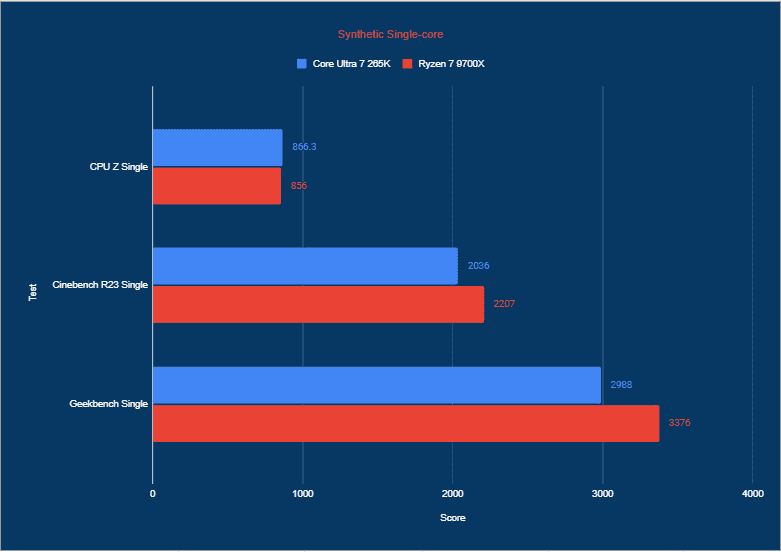
That being said, the situation was completely different when it came to multi-threaded output, as the 265K blazed past the 9700X with a massive margin. In the Cinebench R23 multi-core test, the mid-range CPU from Team Blue churned out 33,465 points, while the 9700X trailed behind with 20,184.
This should tell you everything you need to know about the 265K’s capabilities, which is why we suggested it as the mid-range CPU for the RTX 5070 and 5070 Ti. It has better output than the competition, and the only downside for some would be investing in the LGA 1851 platform, which, like AM5, has a long upgrade path since it is new.
Other than that, it is only compatible with DDR5 RAM, which will increase the cost of upgrading but will be worth it in the long run as it has much better performance than DDR4 RAM. Overall, you shouldn't run into any bottleneck or performance issues in gaming or working with the 265K, whether you pair it with the RTX 5070 or the 5070 Ti.
- Good efficiency (will change with BIOS update)
- Fairly inexpensive
- Looming update will increase power draw
- Not massive gains over previous gen
For those who are looking for a budget CPU to pair with the RTX 5070 or 5070 Ti, we recommend the Ryzen 5 9600X. While this CPU might not have gotten off to a great start, in our 9600X review, we found that it brought significant generational improvements over the Ryzen 5 7600X.
The reason for recommending the 9600X is that the RTX 5070’s sweet spot is most likely going to be 1440p, at which this processor should be able to keep up with the GPU, and the RTX 5070 Ti should be able to push 4K. At UHD, gaming is highly GPU-dependent, and while having a fast CPU does make the experience a bit smoother, the 9600X shouldn’t bottleneck the 5070 Ti.
I have a 5600X paired with an RTX 3070 Ti, and I play competitive games at 1440p; my 3070 Ti is firing at 99% all the time, meaning it isn’t being held back by the CPU. So, we’re expecting the same from the 9600X and 5070 or 5070 Ti pairing. However, keep in mind that in professional workflows, it will have an impact, so if you’ve got tasks like video editing, then you’d be better off with a high-end processor. If you’re interested in exploring some options, check out our best CPU for video editing guide for the top picks.
The gaming performance is very stable and there is a substantial improvement over the last gen. But with that being said, if you don't play games that's not going to mean much to you.
PC Guide
That being said, for casual use and mid-level professional tasks, this pairing should be fine. This processor has 6 cores, 12 threads, a base clock speed of 3.9 GHz, and a boost clock speed of 5.4 GHz. This means that each core can execute 5.4 billion instructions per clock cycle, and this can be increased further by overclocking the CPU.
However, that comes with the issue of more thermal output, but given how energy-efficient this processor is, you probably won’t have to worry about that. Still, if you’re located in a hot region where the base temperature is high, we recommend using the best CPU cooler for the 9600X to keep it running cool.
When it comes to its performance, we paired it with the RTX 4070 Ti Super, which is a step above the RTX 4070 Ti, the 5070 Ti’s predecessor. We ran Cyberpunk 2077 and Days Gone at 1080p low to put the stress on the CPU and got 325 and 246 FPS, respectively. What this means is that the 9600X was able to easily handle the performance of the 4070 Ti Super, which gives us confidence that it should also deliver good results with the RTX 5070 and 5070 Ti.
Overall, this is a decent processor for gaming and work, but certainly isn’t the best for resource-intensive tasks. Its performance can be increased by ramping up its TDP to 105W without worrying about damaging it, as it comes under AMD’s warranty.

- Cores: 8
- Threads: 16
- Boost speed : up to 5 GHz
- Base speed: 4.2 GHz
- L3 Cache: 96 MB
- TDP: 120 W
- Platform: AMD (AM5)
- Fantastic gaming performance
- Affordable thanks to age
- Less limited than the previous generation
- Still limited by cache outside of gaming workloads
- No included cooler
- Upgrade to AM5 can be expensive if you don't already have the parts.
If you’re one of those who stick one or two generations back as they have better support and the issues have been ironed out, we recommend you check out the Ryzen 7 7800X3D. This was the reigning processor for gaming before the Ryzen 7 9800X3D dropped but that doesn’t mean that it can’t hold its own any longer as it is still a solid CPU and you can pair it even with more powerful graphics cards.
In our Ryzen 7 7800X3D review, we paired it with the RTX 4070 Ti Super and ran a handful of benchmarking tests to see how it’ll handle various workflows and it did not disappoint. However, when it comes to pure productivity, the previous X3D processors weren’t the best options but that isn’t the issue with the new X3D processors.
So, if you’ve got more work to take care of, it’ll be better to opt for another processor but for gaming, this is one of best CPU for gaming available on the market. As for its synthetic performance, it managed 1,665 and 17,581 points in the Cinebench R23 single- and multi-core tests. The single-core output indicates how well a processor will handle gaming as games, generally, don’t use multiple cores.
The 7800X3D is a fantastic chip and much improved over the previous generation. This CPU will smash through any gaming workload you throw at it, and be able to handle productivity tasks much better then before, although it still is a little limited in that department.
PC Guide
On the other hand, the multi-core output showcases how well a processor will handle multi-tasking or resource intensive applications. For comparison, the Ryzen 7 7700X, managed 1,995 and 19,650 points in the same test and while “X” processors have better multi-core output, we can see that it has a better single-core score as well.
It managed 255 and 296 FPS in Days Gone and Cyberpunk 2077 but what it doesn’t have is the 3D V-Cache. This additional cache vertically stacked on top of the chip enables it to store more data on chip and gives the X3D the gaming performance they are known for. So, we expect the 7800X3D to easily deliver better FPS but as mentioned in the start, it isn’t the best processor for heavy workloads but it’ll still get the job done, just not that efficiently.
Why you can trust us
At PC Guide, we know that a great processor is the heart of any killer PC build. That's why we dive deep into hands-on testing, pushing CPUs through real-world tasks and benchmarks to uncover how they perform under pressure. From gaming marathons to heavy multitasking, we focus on the speed, efficiency, and value that truly matter to you.
Sometimes the market moves fast, and we can't test every single chip ourselves—but rest assured, every recommendation we make is backed by solid research and trusted data. Our goal is to help you find the perfect processor that delivers top-tier performance without breaking the bank or compromising reliability.
Best of all, we keep it 100% transparent and free from manufacturer influence, no gimmicks. When PC Guide gives a thumbs-up, it means the processor has earned its spot through real-world excellence and rock-solid quality. That's the kind of confidence you can build on.
How to pick the best CPU for RTX 5070 and 5070 Ti
To select a CPU for any graphics card, including the RTX 5070 and the 5070 Ti, there are a handful of factors that you need to consider. These factors will help you make an informed decision and give you an option with the most value for your money.
Budget
Your budget is the most important aspect when it comes to investing in a new processor. The RTX 5070 family GPUs are in the middle of the performance hierarchy, so it would make sense to pair them with mid-range processors that offer excellent value, like the Ryzen 7 9700X.
However, given the hardware improvements, you can pair them with high-end CPUs without any issues, as it'll make for a powerful combination in gaming in all resolutions and productive workflows.
Usage
In high-resolution gaming, the GPU is pulling most of the weight, meaning even a budget processor can be paired with a much more powerful card. However, at lower resolutions, the CPU needs to churn out instructions quickly to keep up with the graphics card, and if it can't, the GPU is held back, resulting in a CPU bottleneck.
Besides that, a flagship processor is better for productivity and resource-intensive tasks like video editing, rendering, running simulations, etc. So, if you've got a decent graphics card like the RTX 5070 or 5070 Ti and want well-rounded performance in gaming, an X3D processor or the 9900X should work great.
However, if you're operating on a budget, a 7700X or a 7800X3D should also deliver good productivity and gaming output, respectively.
FAQs
What CPU do you need for an RTX 5070?
There are no rigid requirements for a CPU that can run the RTX 5070 or 5070 Ti, but there will be a point where it starts to bottleneck the GPU and fall in performance. You also don’t want it to lose out on some of its features. So, ideally, you want a CPU that can be used with a PCIe Gen 5 motherboard like some X870 motherboards. That limits you to more recent AMD AM5 or Intel LGA 1851 processors to ensure the best experience all around.
Can my PC handle a 5070?
As long as your PC is relatively recent and you have a big enough power supply in it, you’ll likely be able to slot in a new RTX 5070 into it. Ideally, you want a PCIe Gen 5 x16 slot, but a Gen 4 option isn’t that detrimental to it either. Plus, a CPU that can keep up with the graphics card capabilities. It’s the power supply that is most important, with a 250W and 300W requirement for the 5070 and 5070 Ti, respectively; you’ll want a 650W or 750W PSU minimum for these.
What is the best CPU for the RTX 5070?
Depending on your use case, there is a good range of options to pick from. If it’s a top gaming CPU with all the performance in mind, the 9800X3D is the one to go for. While if you’re going for productivity tasks and multithreading, the 9950X (or now X3D options) are the better ones to go for. There are then Intel alternatives, too, with the 265K, the one we’d suggest, with the budget pick going to AMD’s 9600X.
Final word
It shouldn’t come as a surprise that the best processor for these next-gen GPUs or any latest GPU is the 9800X3D. It features significant design changes of where the additional cache is stacked, which results in better thermal efficiency without compromising the performance. On top of that, it offers much better productivity output than the previous X3D processor and it can be overclocked, which wasn’t possible with before.
Overall, with this processor, you should have issues playing games or working with the RTX 5070 or 5070 Ti at any resolution and you can even upgrade to the most powerful processor, the RTX 5090, without running into bottleneck issues.

